U.S. News
32 Well-Known Foods That Could Be Banned Under RFK Jr.’s Health Crackdown
By Jake Beardslee · July 20, 2025

Kennedy’s priorities include eliminating artificial dyes, synthetic preservatives, flavor enhancers, and heavily processed ingredients that he believes contribute to chronic disease. His approach aligns more with European-style regulation, prioritizing ingredient transparency—even if it means reformulating or removing products that millions of Americans consume daily.
Here's a comprehensive look at the foods that could soon disappear—or be drastically changed—under RFK Jr.'s vision for a cleaner food supply. Josh Morgan-USA TODAY
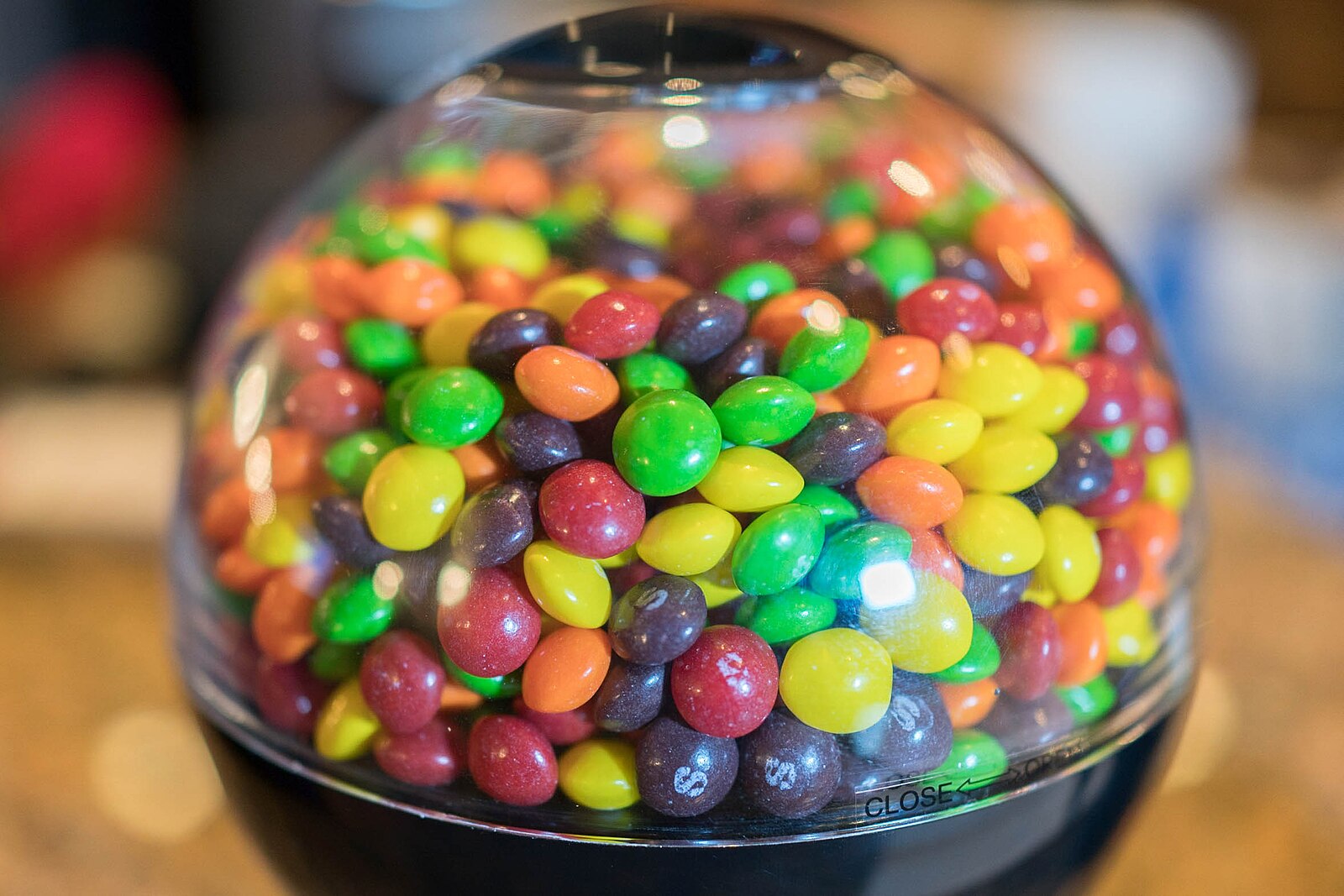
Skittles
Skittles are packed with artificial colors like Red 40 and Yellow 5. These dyes are already banned or labeled with warning signs in parts of Europe. Under new regulations, Skittles may need to be reformulated using natural dyes or pulled from shelves entirely. The change could serve as a broader signal to candy manufacturers across the industry. Austin Kirk, CC BY 2.0 https://creativecommons.org/licenses/by/2.0, via Wikimedia Commons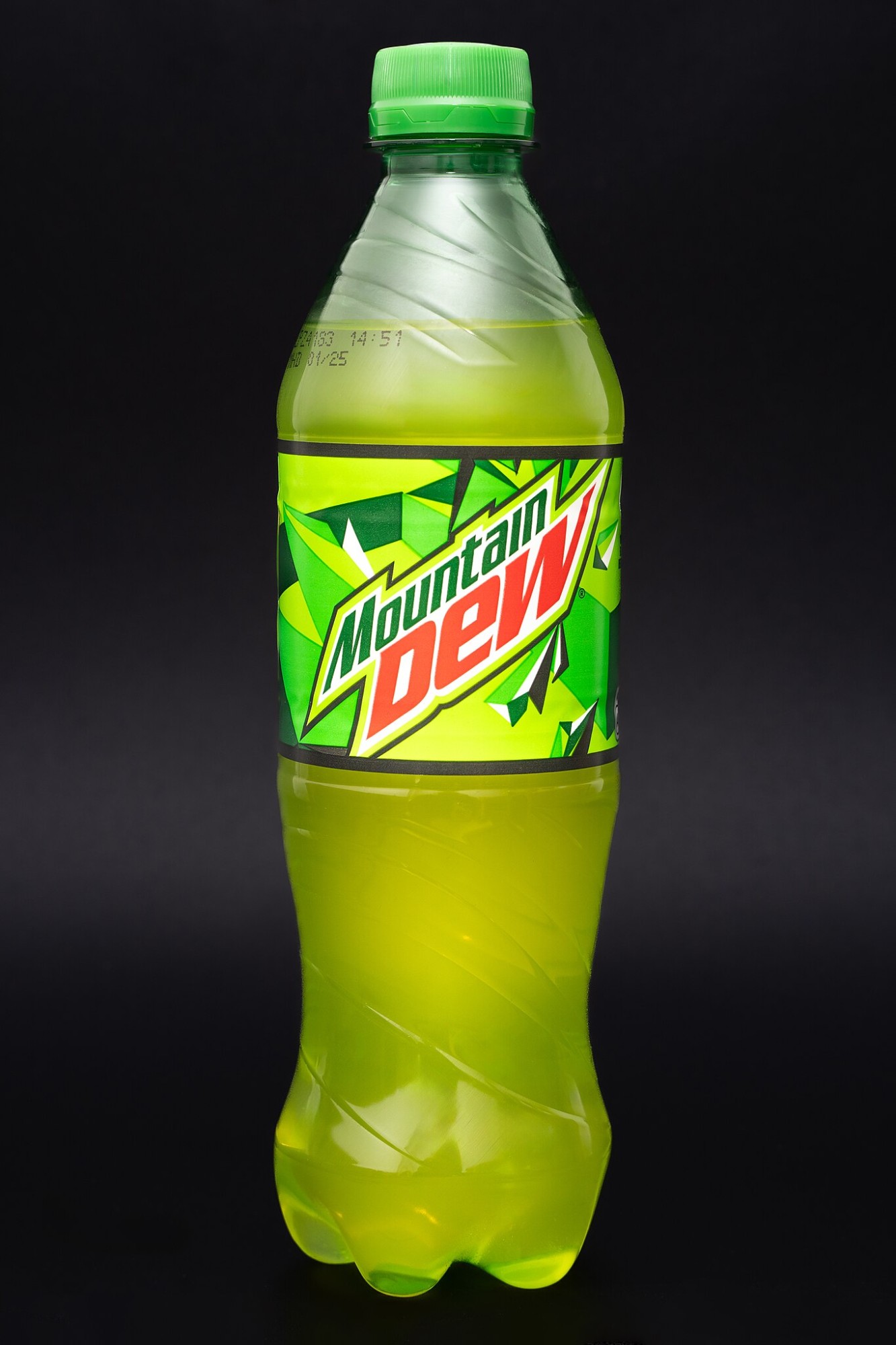
Mountain Dew
With its intense greenish hue and high caffeine content, Mountain Dew is often cited as a symbol of ultra-processed soft drinks. It contains brominated vegetable oil (BVO), an additive potentially linked to neurological and hormonal concerns. Combined with synthetic dyes and high-fructose corn syrup, Mountain Dew is a prime candidate for forced reformulation or removal. Holy-DYVR, CC BY-SA 4.0 https://creativecommons.org/licenses/by-sa/4.0, via Wikimedia Commons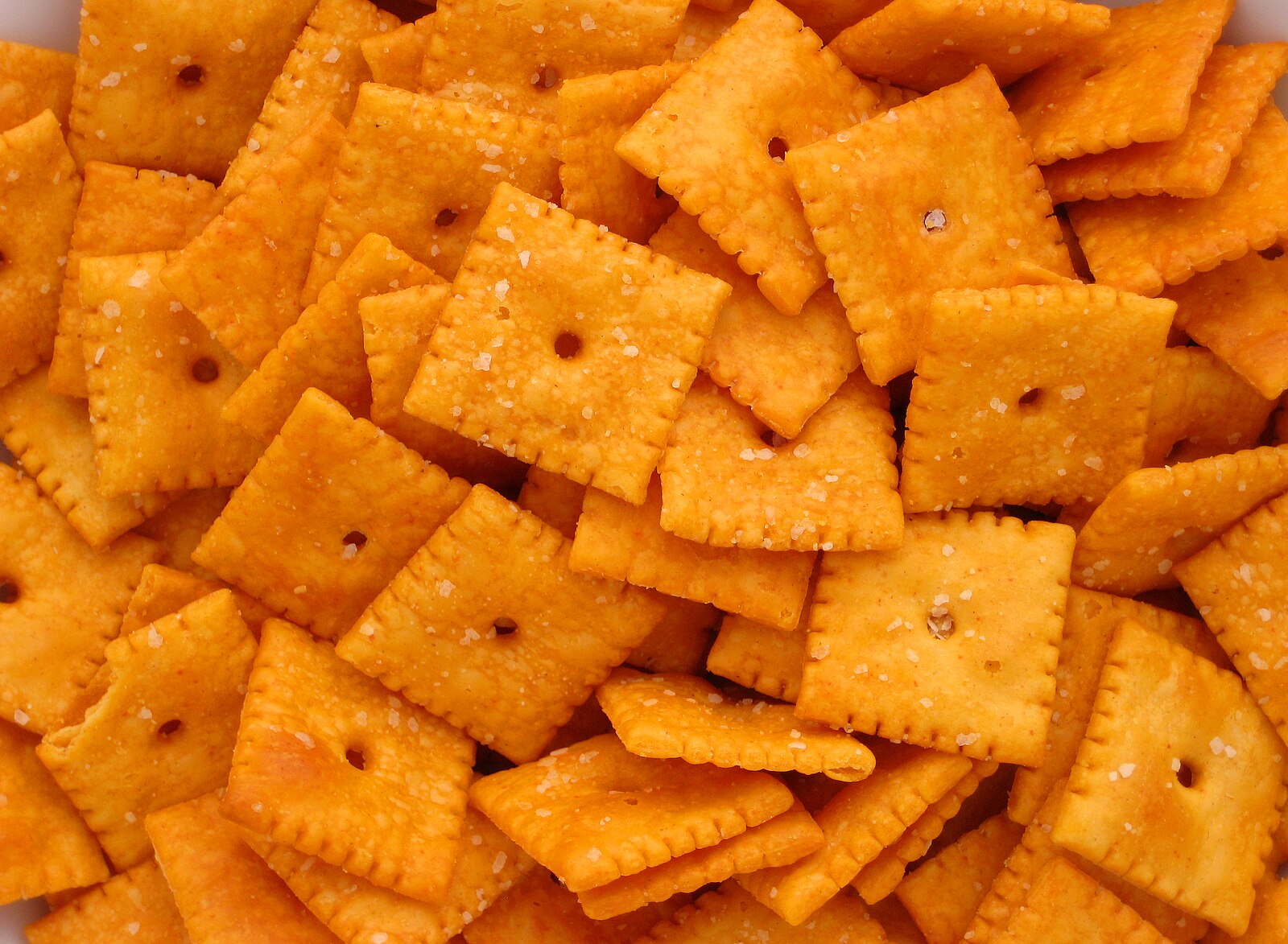
Cheez-Its
Cheez-Its rely on synthetic colors like Yellow No. 6 to create their bright orange tint. If Kennedy's reforms go into effect, Cheez-Its and similar snack crackers may face labeling mandates, color restrictions, or full reformulations using natural dyes—changes that could impact flavor and appearance, and increase production costs. Evan-Amos, Public domain, via Wikimedia Commons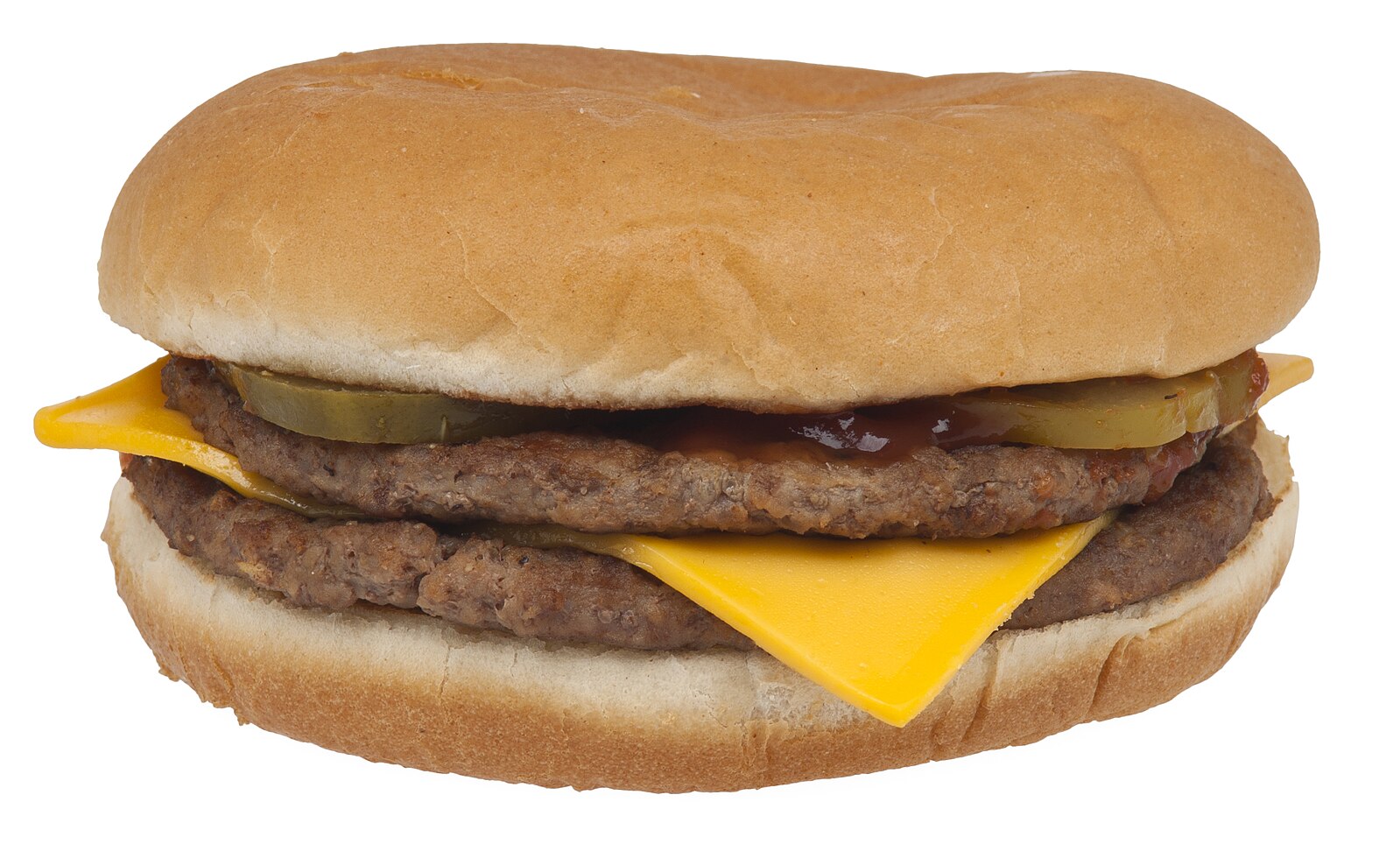
McDonald’s Menu Items
From buns to burgers, McDonald’s menu items contain numerous preservatives and synthetic ingredients—including L-cysteine, and sodium nitrite. RFK Jr.’s policies could mandate the removal of such additives, requiring massive supply chain overhauls at McDonald’s and other fast food giants. Condiments containing high-fructose corn syrup may also need revision, changing the flavor profiles of familiar favorites. Evan-Amos, CC BY-SA 3.0 https://creativecommons.org/licenses/by-sa/3.0, via Wikimedia Commons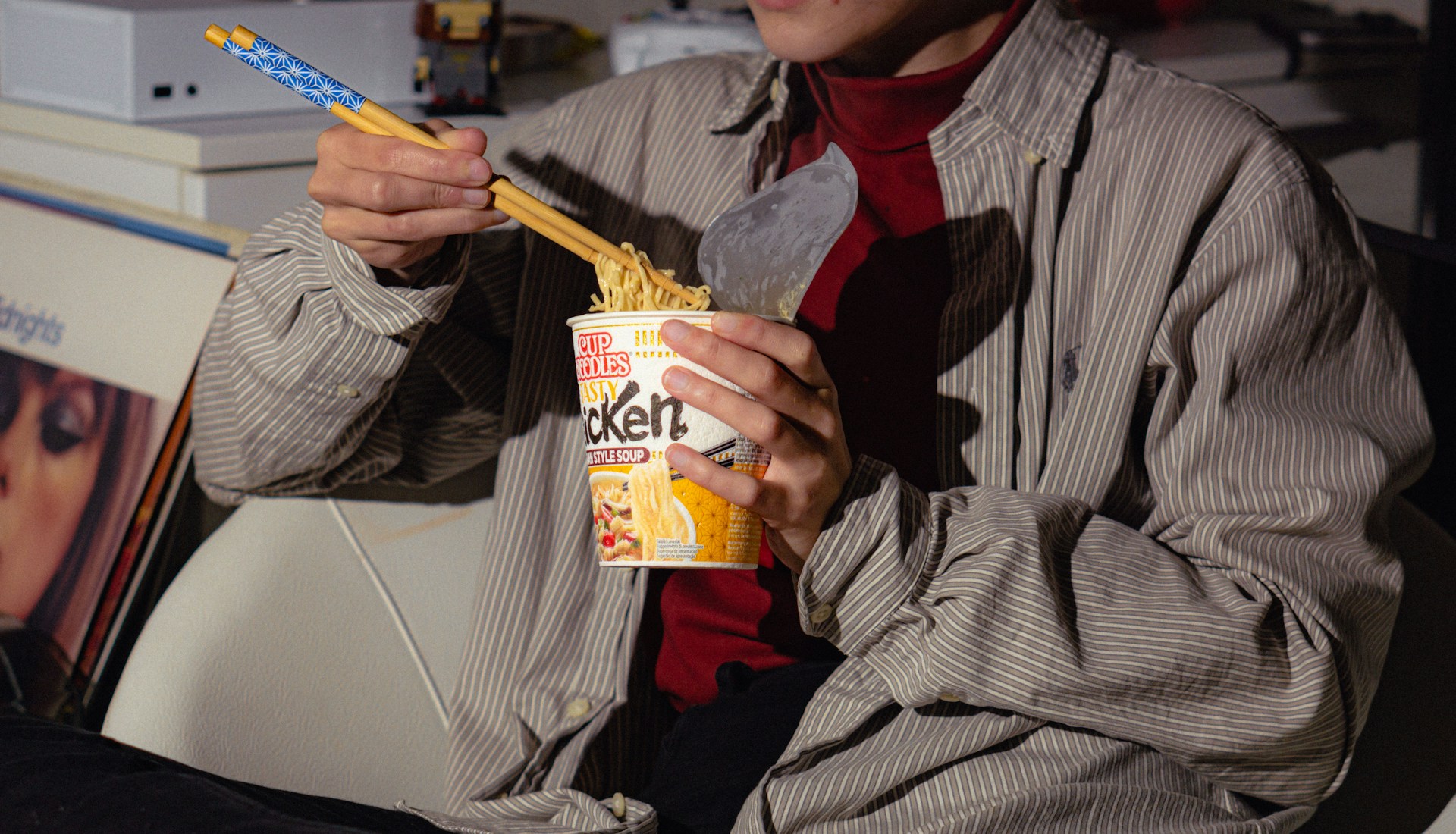
Instant Noodles
Instant noodles are a staple of budget-conscious pantries, but they sometimes contain tertiary-butyl hydroquinone (TBHQ), a petroleum-based preservative linked to immune system dysfunction in animal studies. The noodles are also high in sodium and artificial flavorings. Kennedy’s food safety agenda would likely target TBHQ and similar synthetic antioxidants, making reformulation necessary and possibly reducing the appeal of these cheap, quick meals. frogses production / Unsplash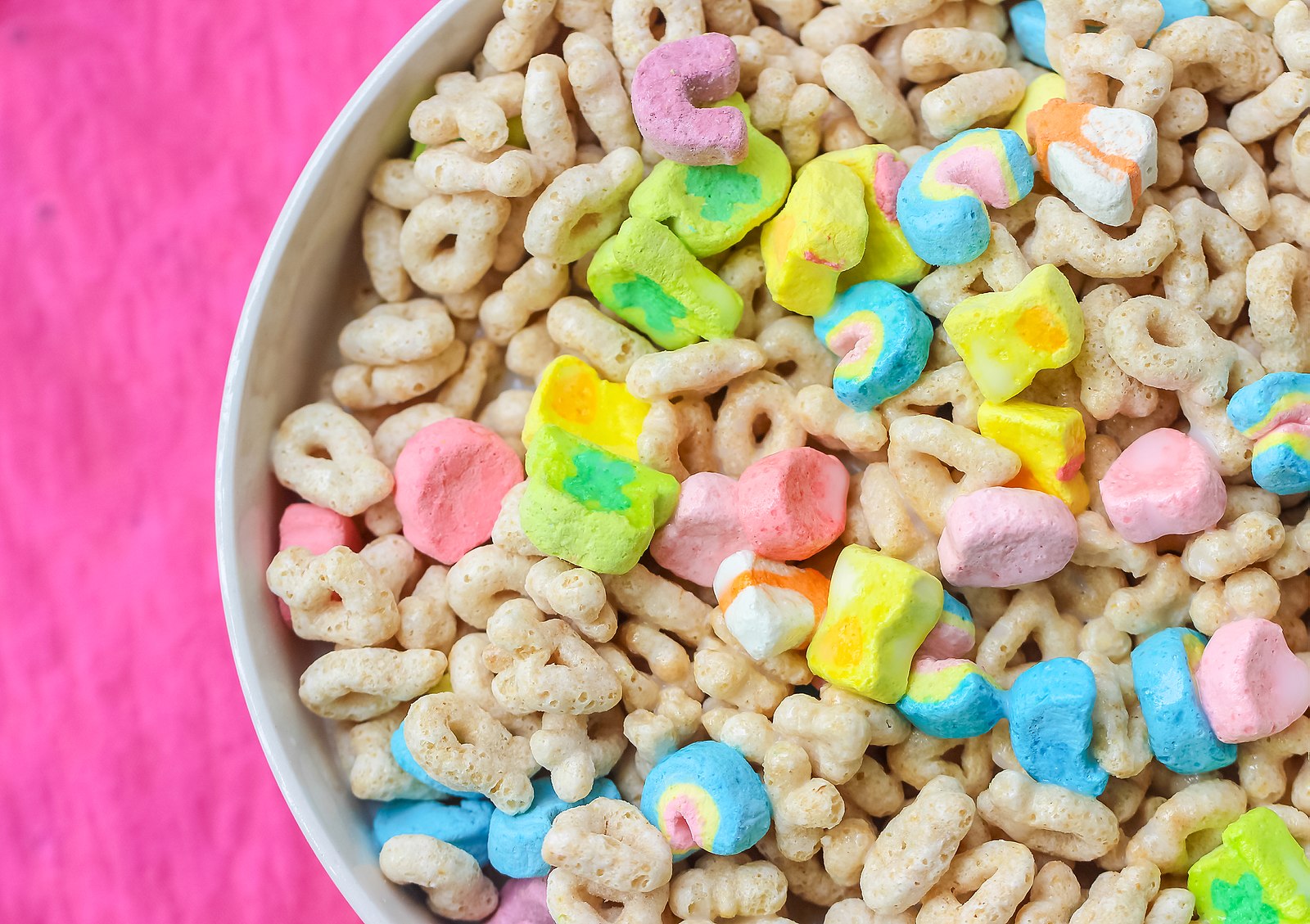
Lucky Charms
This iconic cereal contains a rainbow of synthetic dyes, including Red 40, Yellow 5, and Blue 1. Though marketed toward children, Lucky Charms may not meet new safety thresholds under RFK Jr.’s watch. General Mills could be pushed to switch to natural dyes—altering the appearance and possibly the taste—or face removal from store shelves. Sarah Mahala Photography & Makeup Artistry from Oshkosh, WI, United States, CC BY 2.0 https://creativecommons.org/licenses/by/2.0, via Wikimedia Commons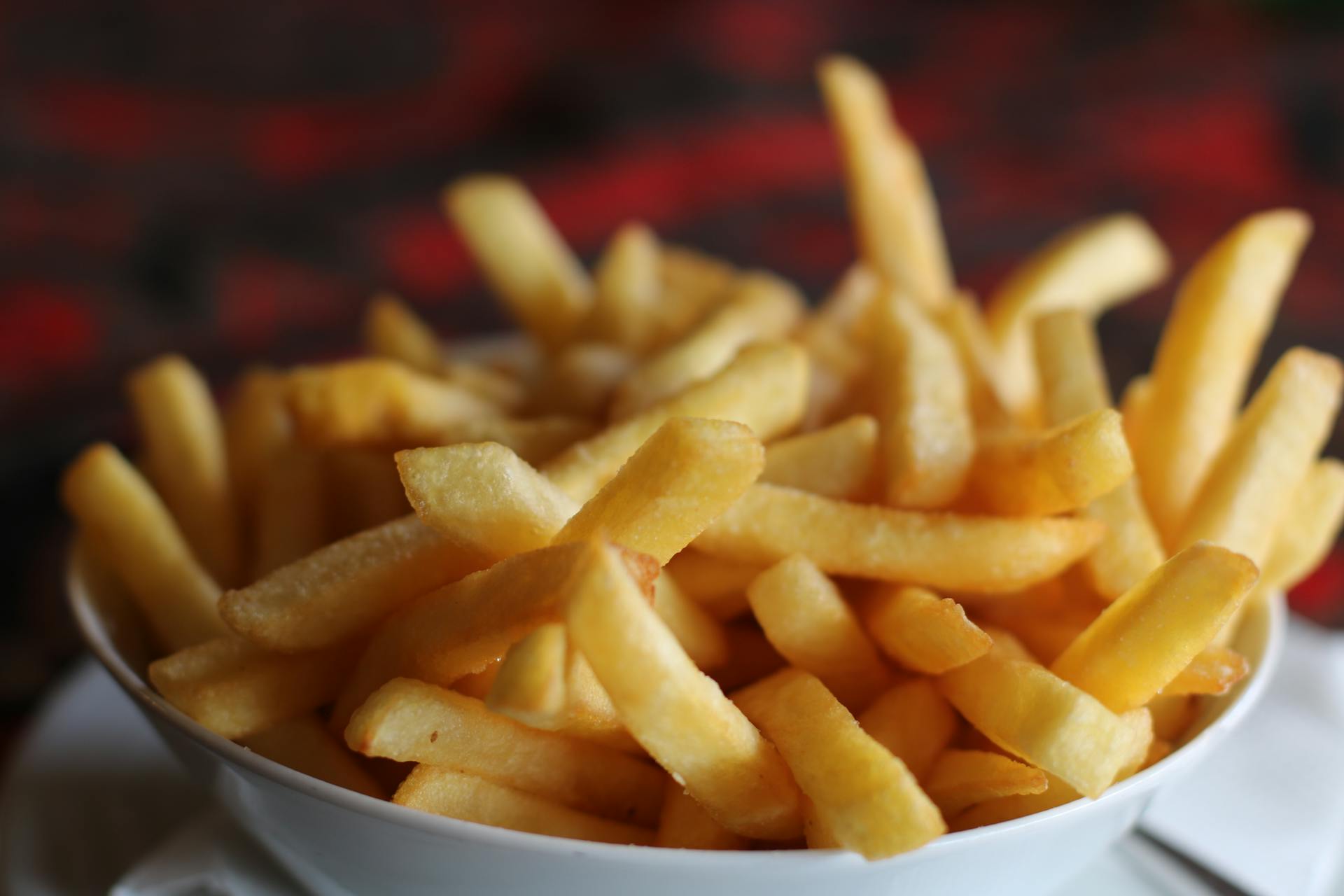
French Fries
While beloved nationwide, French fries contain more than just potatoes and oil. Additives like dimethylpolysiloxane (used as an anti-foaming agent) and dextrose (a sugar used for consistent browning) may come under scrutiny. RFK Jr. has pointed to these kinds of ingredients as unnecessary and potentially harmful. French fries may still be sold—but only after chains reformulate their cooking processes and oil blends to remove questionable chemicals. Dzenina Lukac / Pexels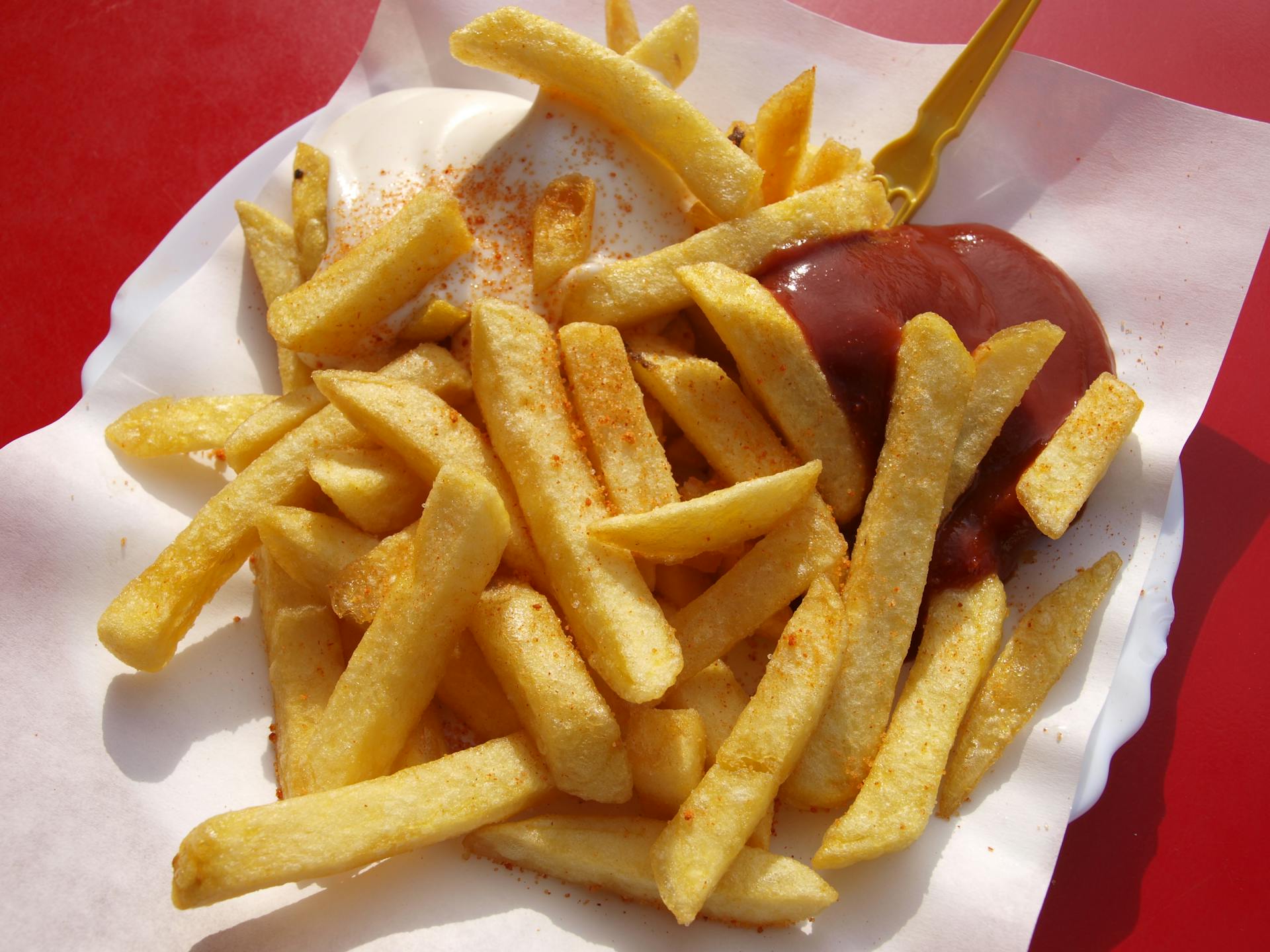
Ketchup
High-fructose corn syrup and synthetic preservatives like sodium benzoate are common in bottled ketchup. RFK Jr. supports banning or limiting such substances, which could lead to ketchup brands switching to cane sugar or fruit-based alternatives—and labeling their products more transparently. Marco Fischer / Pexels
Ice Cream
Many popular ice cream brands use titanium dioxide, a whitening agent linked to inflammation and genetic damage in animal studies. Already banned in the EU, titanium dioxide may face the same fate in the U.S. under Kennedy’s policy agenda. That would force manufacturers to eliminate the additive or replace it with natural texturizers and whiteners, which may alter the flavor, consistency, or shelf life of some brands. Teejay / Pexels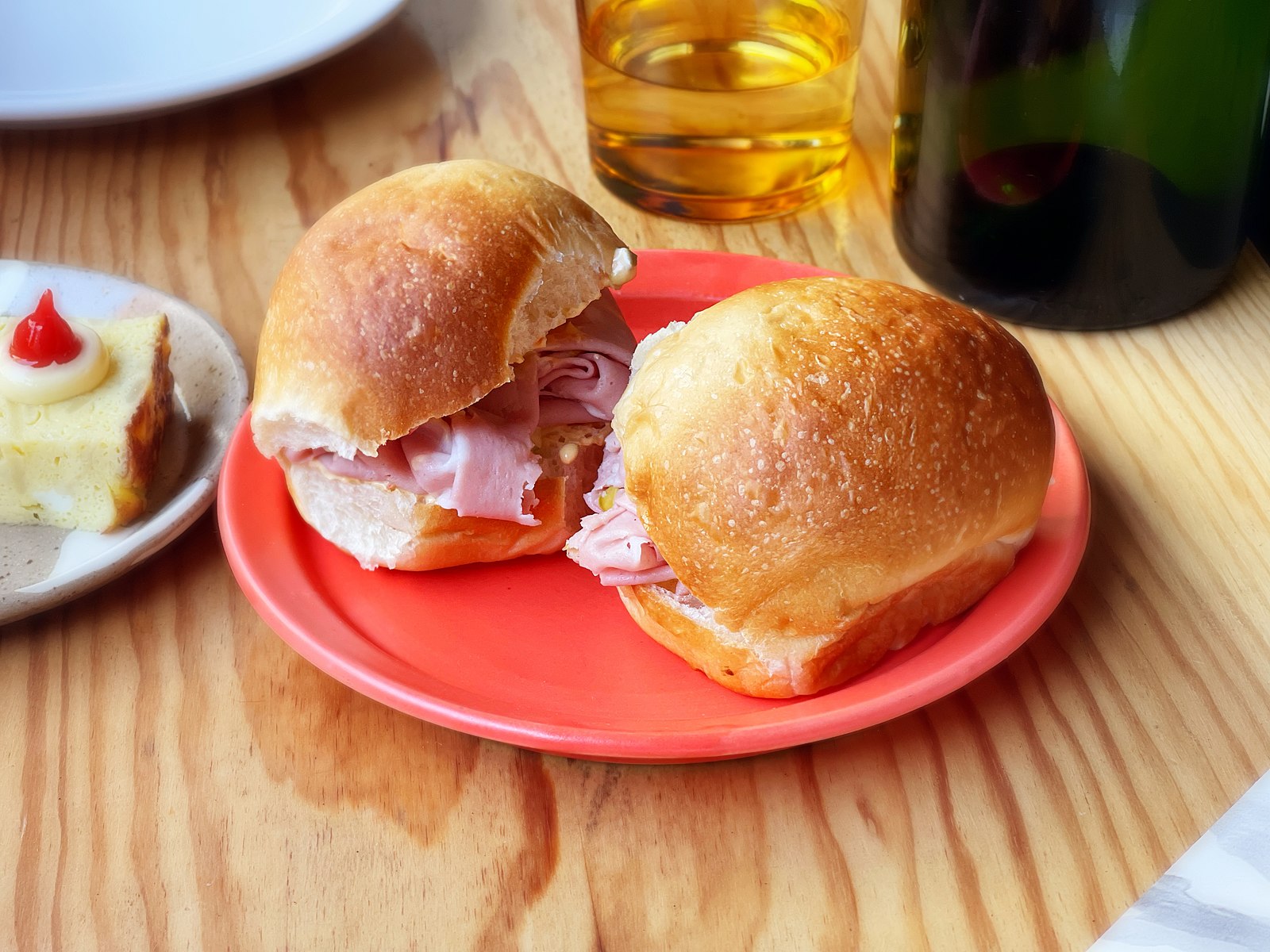
Lunch Meat
Processed meats like ham, bologna, and turkey breast are often preserved using sodium nitrite and sodium nitrate—chemicals that help retain color and prevent bacterial growth. Lunch meat brands may be required to use natural curing agents, impacting texture and taste—and possibly shortening shelf life. Missvain, CC BY 4.0 https://creativecommons.org/licenses/by/4.0, via Wikimedia Commons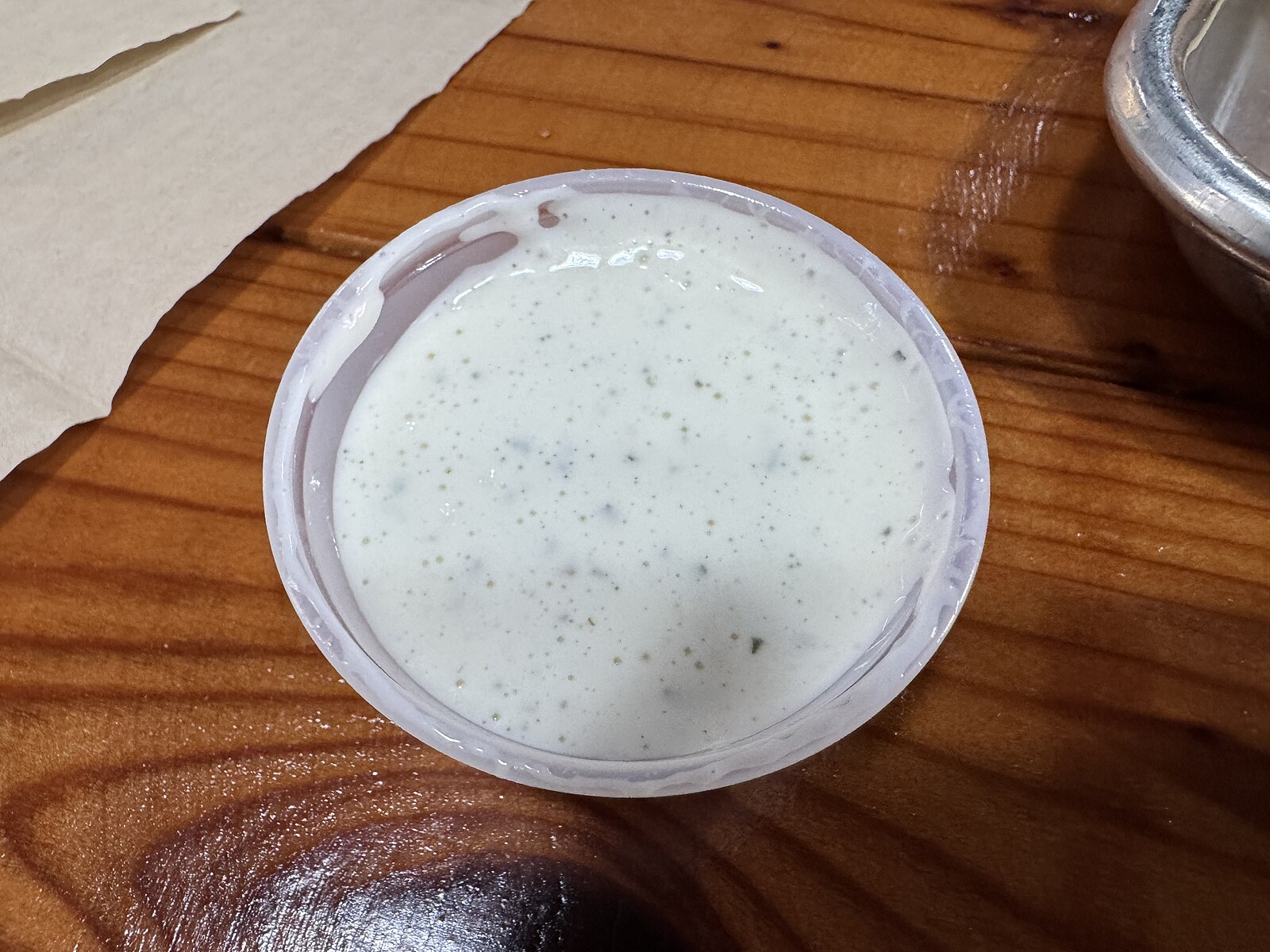
Ranch Dressing
This popular salad topping often contains hydrogenated oils and flavor enhancers like monosodium glutamate (MSG). RFK Jr.’s policy direction may force manufacturers to reformulate ranch to meet stricter health standards. The packaging—typically single-use plastic bottles—also raises environmental concerns. Together, these factors could push many commercial ranch brands off shelves unless they pivot toward cleaner ingredients and eco-friendlier formats. Missvain, CC0, via Wikimedia Commons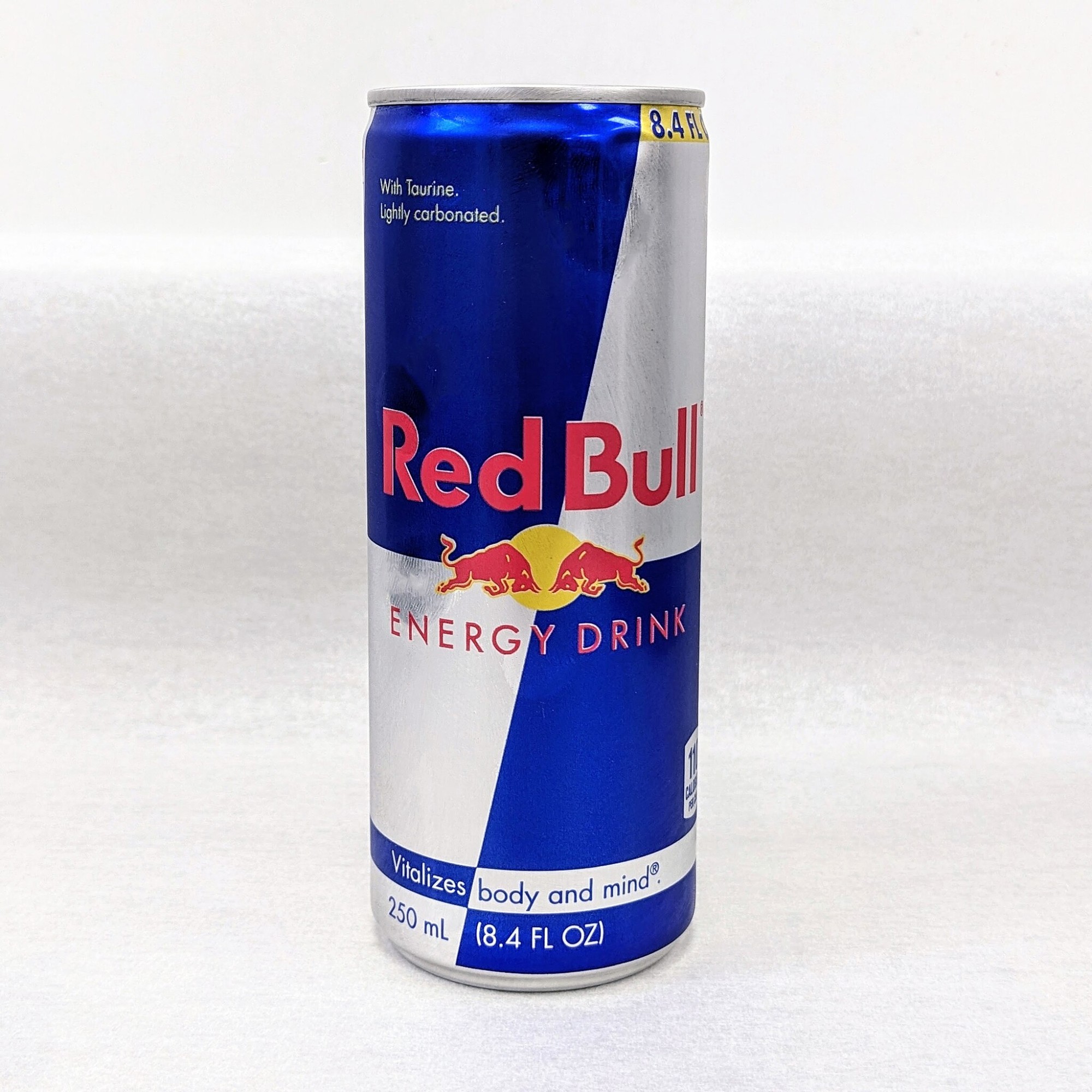
Red Bull
Known for its energy-boosting effects, Red Bull contains large amounts of sugar and caffeine—both under increasing scrutiny by health regulators. As part of a broader effort to rein in stimulants in youth-marketed products, RFK Jr. could implement caffeine caps or require reformulation of energy drinks. Such changes would impact both Red Bull and a wide range of competing products in the booming energy beverage industry. Cefalophore, CC0, via Wikimedia Commons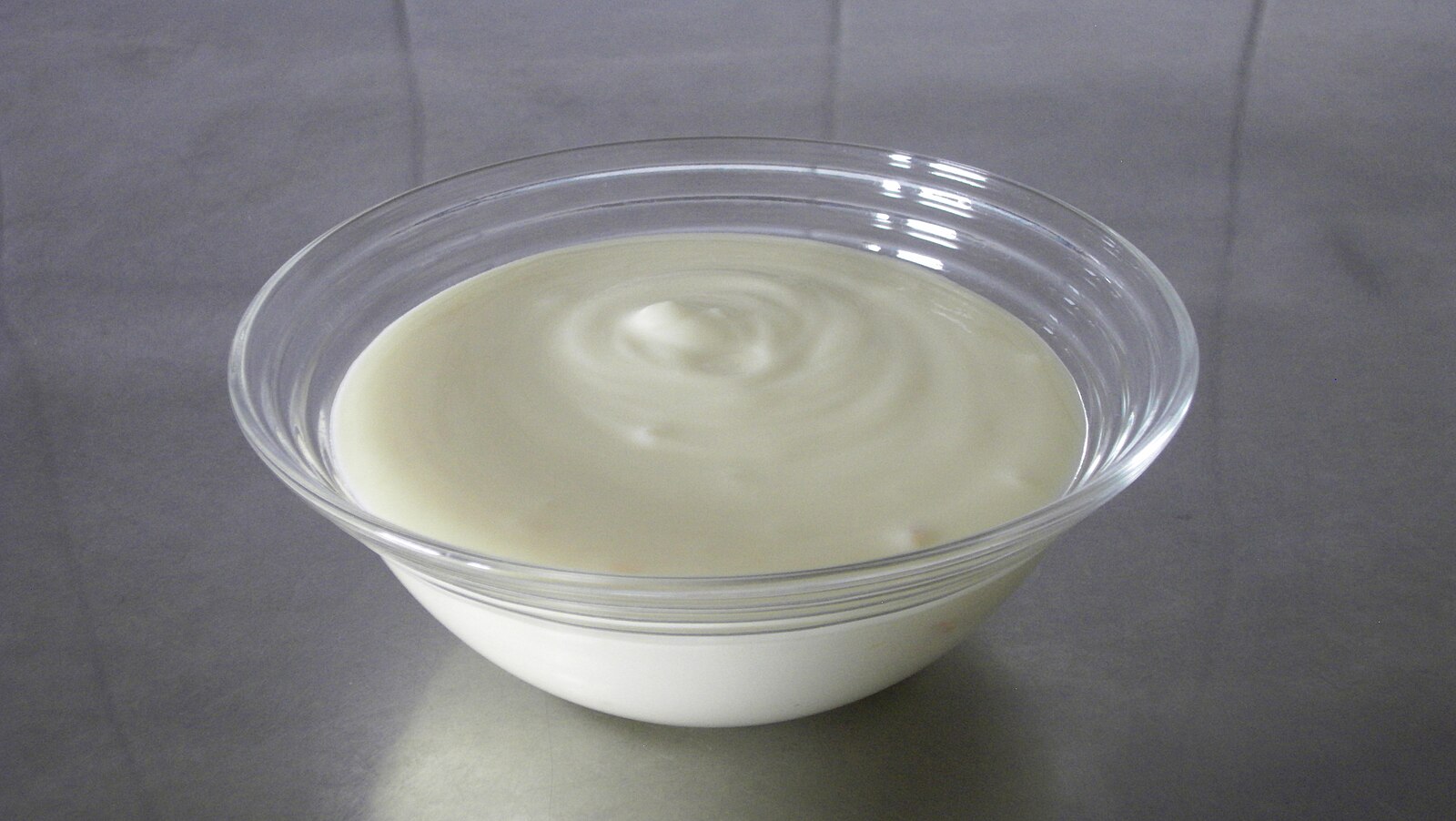
Flavored Yogurt
Often marketed as a healthy snack, flavored yogurts are frequently loaded with artificial sweeteners, dyes, and added sugars. These compounds can negate the digestive benefits typically associated with yogurt. RFK Jr.’s proposed food reforms would likely mandate more honest labeling and potentially restrict synthetic sweeteners used in products aimed at children. This may shift the market toward plain and naturally sweetened yogurts, impacting both pricing and consumer preference. Jin Zan, CC BY-SA 4.0 https://creativecommons.org/licenses/by-sa/4.0, via Wikimedia Commons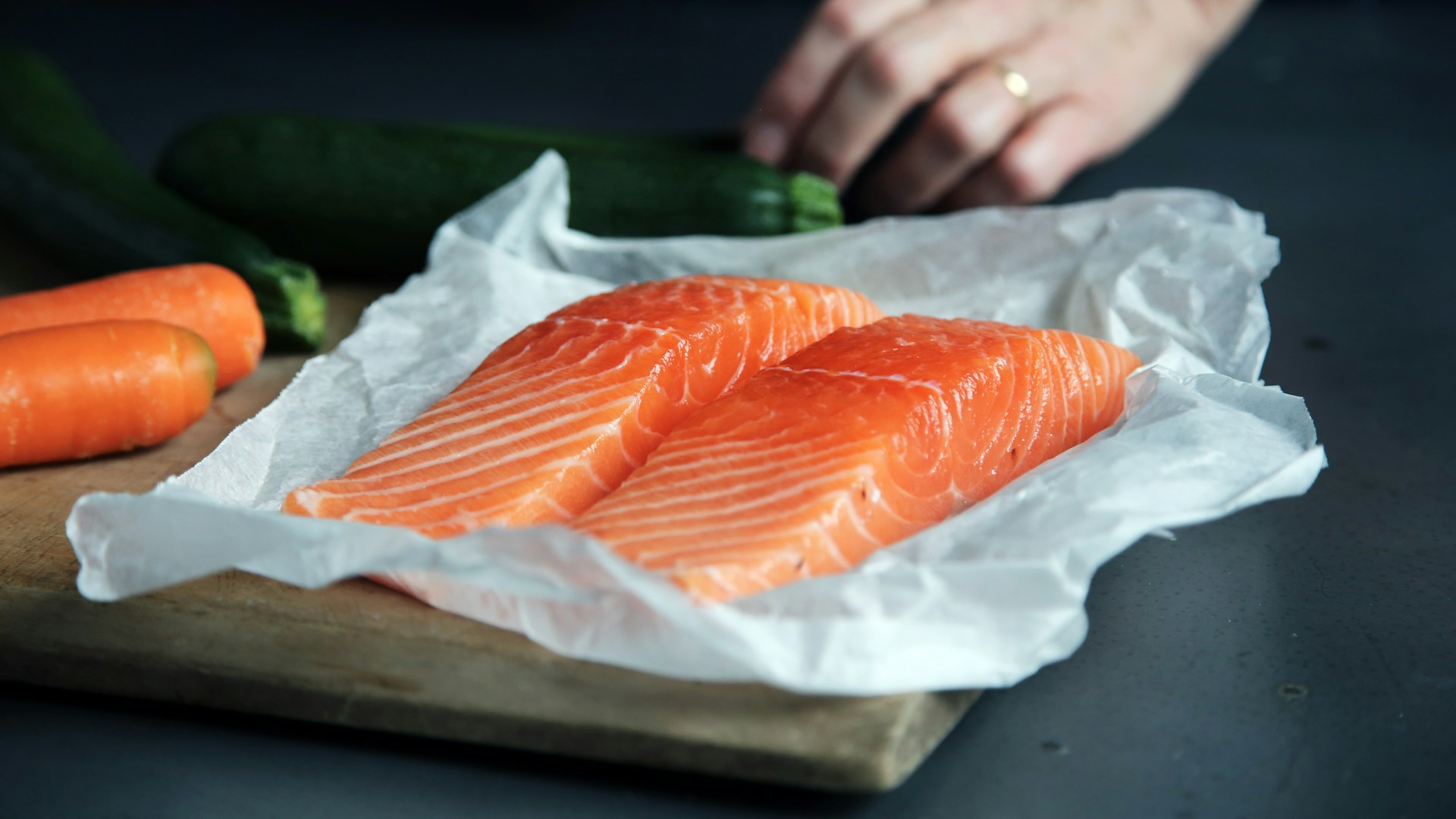
Farmed Salmon
To give farmed salmon its appealing pink hue, producers often feed the fish synthetic astaxanthin. Under RFK Jr., this synthetic dye could be banned or require clearer labeling. Additionally, environmental risks like water contamination and overuse of antibiotics in aquaculture could make farmed salmon a target for broader reform—pushing consumers toward more sustainable wild-caught options. Caroline Attwood / Unsplash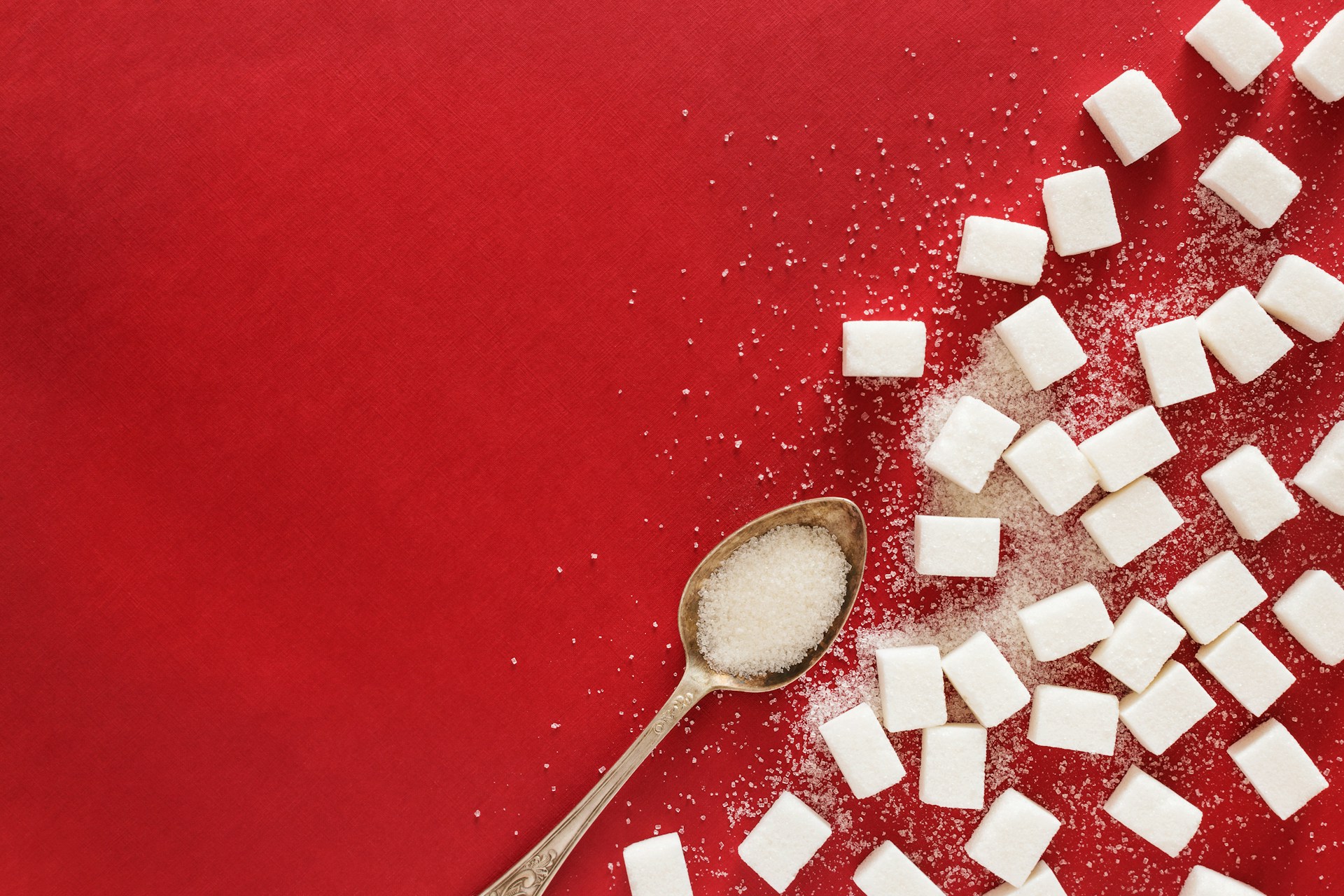
Artificial Sweeteners
Artificial sweeteners like aspartame, sucralose, and saccharin are common in “diet” and “light” products. Although calorie-free, they’ve been linked to disruptions in gut microbiota, glucose tolerance issues, and increased sugar cravings. RFK Jr. may seek to limit their use or require health warning labels. This would push companies to adopt natural alternatives, though scaling up production of stevia or monk fruit could create cost and supply challenges for manufacturers. Elena Leya / Unsplash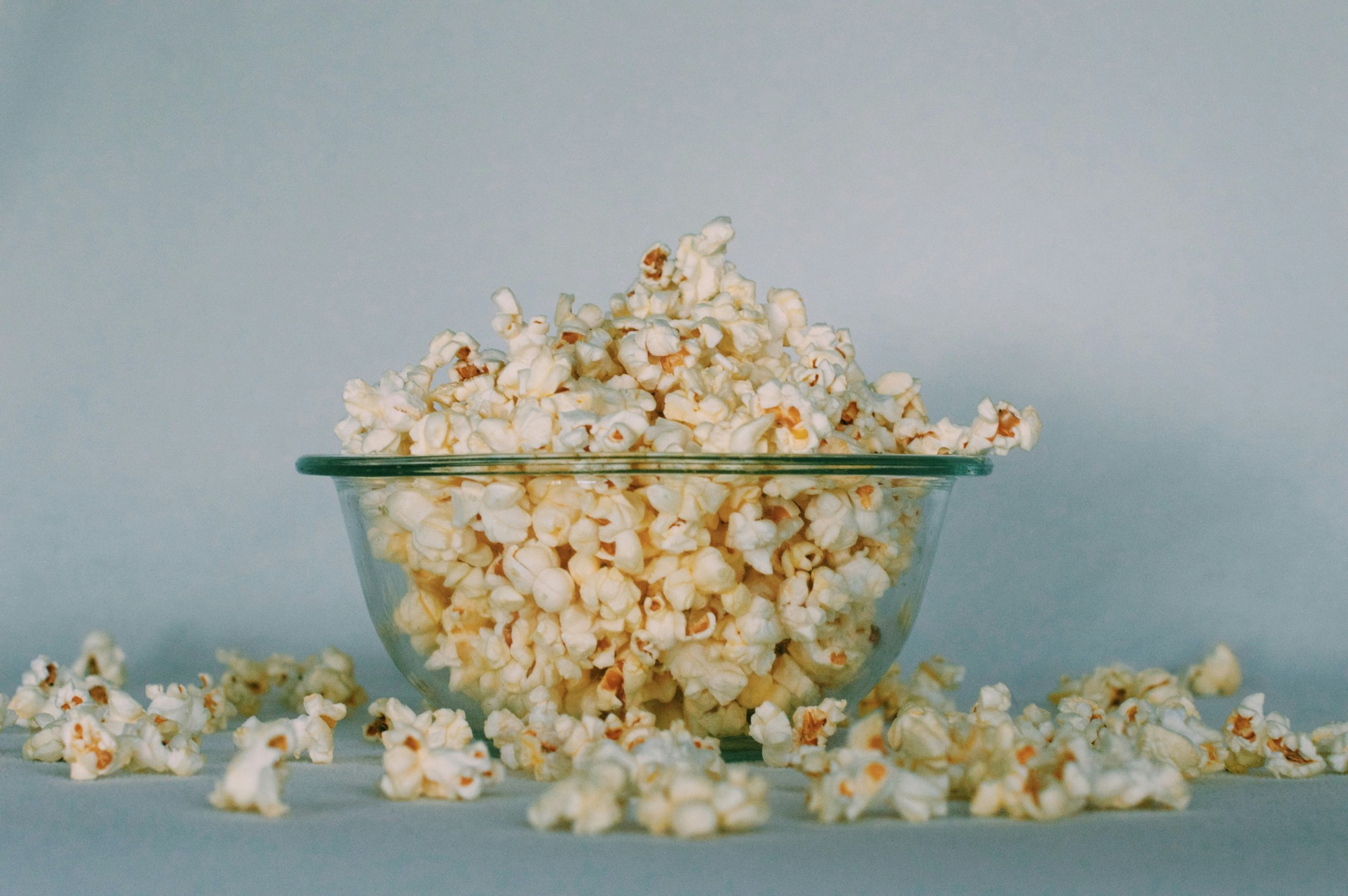
Microwave Popcorn
Many microwave popcorn brands contain perfluorooctanoic acid (PFOA) in the lining of their bags. Additionally, artificial butter flavorings like diacetyl have been associated with respiratory issues in factory workers. These chemicals are likely to be flagged under RFK Jr.'s administration. Popcorn may remain on shelves, but only if safer materials and flavoring methods replace the current norm. Georgia Vagim / Unsplash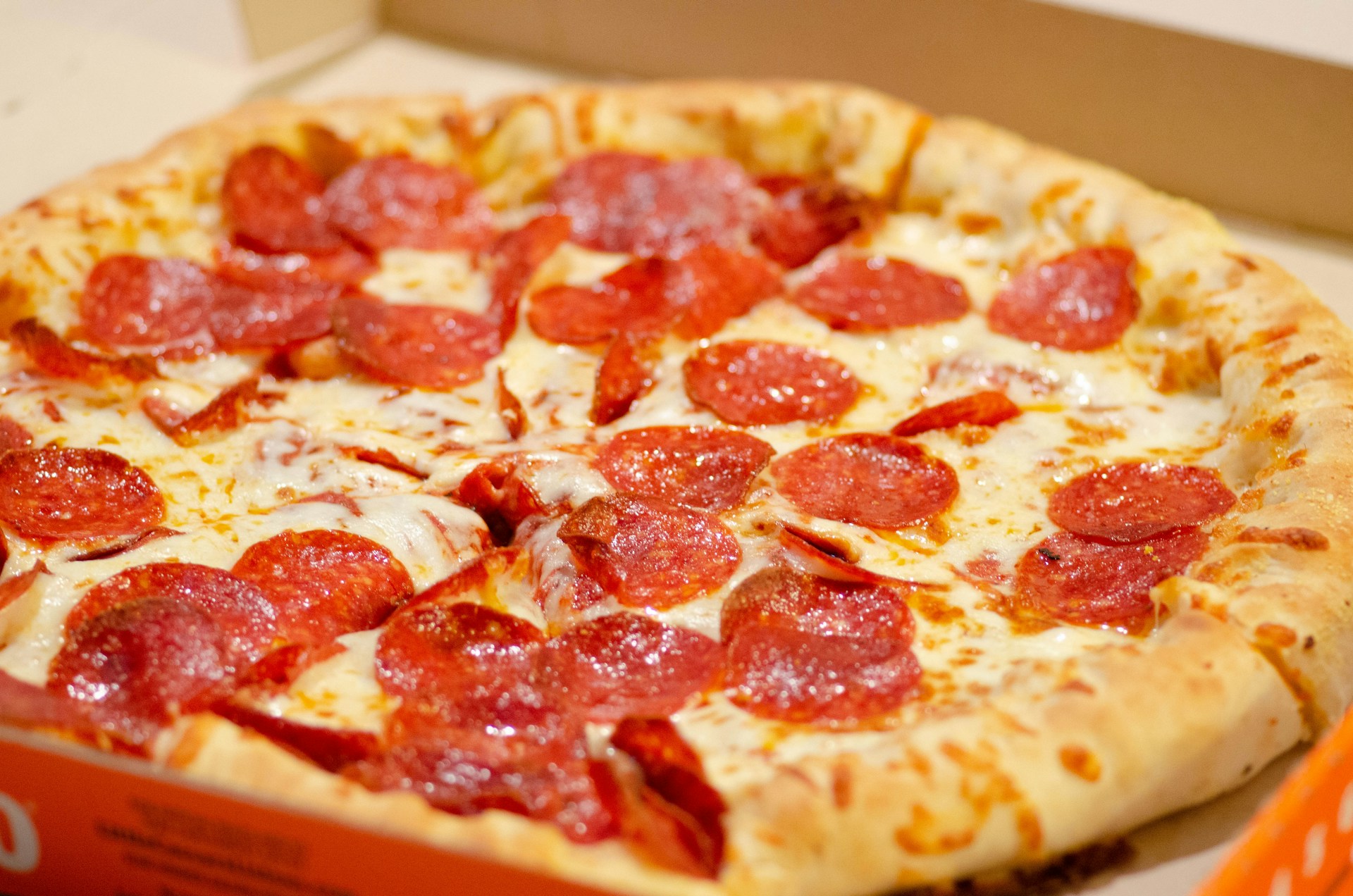
Frozen Pizza
Frozen pizza often contains a variety of additives—from sodium nitrite in the meat toppings to synthetic flavorings and stabilizers in the crust. Stricter regulations could lead to cleaner recipes, but manufacturers might struggle to replicate the same flavor, affordability, and shelf stability that consumers expect. Brands may need to increase prices or reduce product offerings. Alan Hardman / Unsplash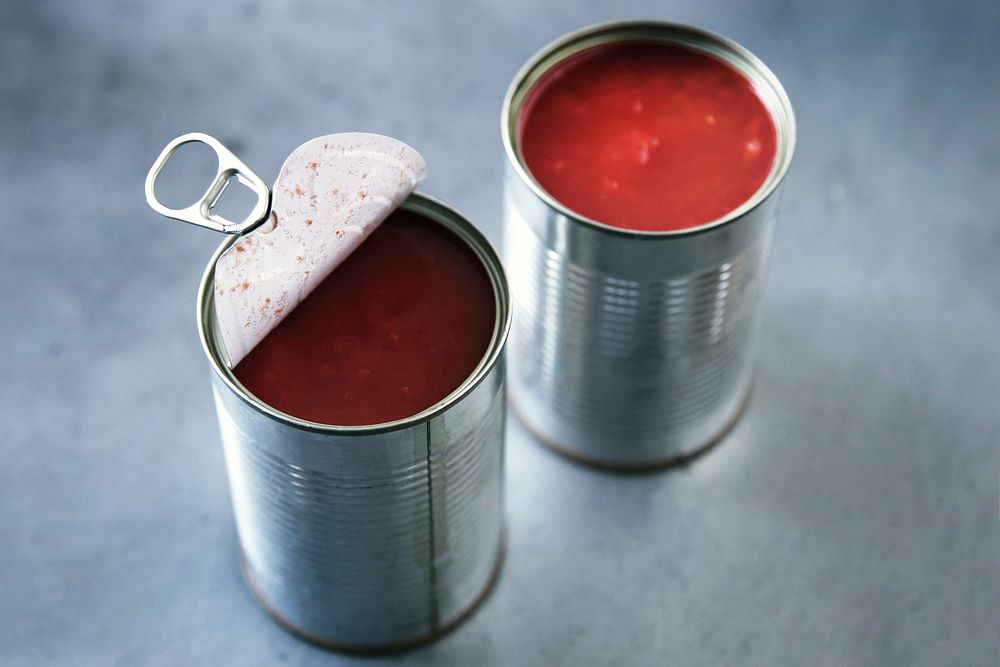
Canned Tomatoes
BPA, a chemical often found in the lining of cans, has been linked to hormone disruption and reproductive issues. Tomatoes are particularly problematic due to their acidity, which can increase BPA leaching. Under Kennedy’s health-focused agenda, canned goods may require BPA-free packaging and clearer labeling. This could increase production costs and shift consumer preference toward fresh or jarred alternatives. CC0, Rawpixel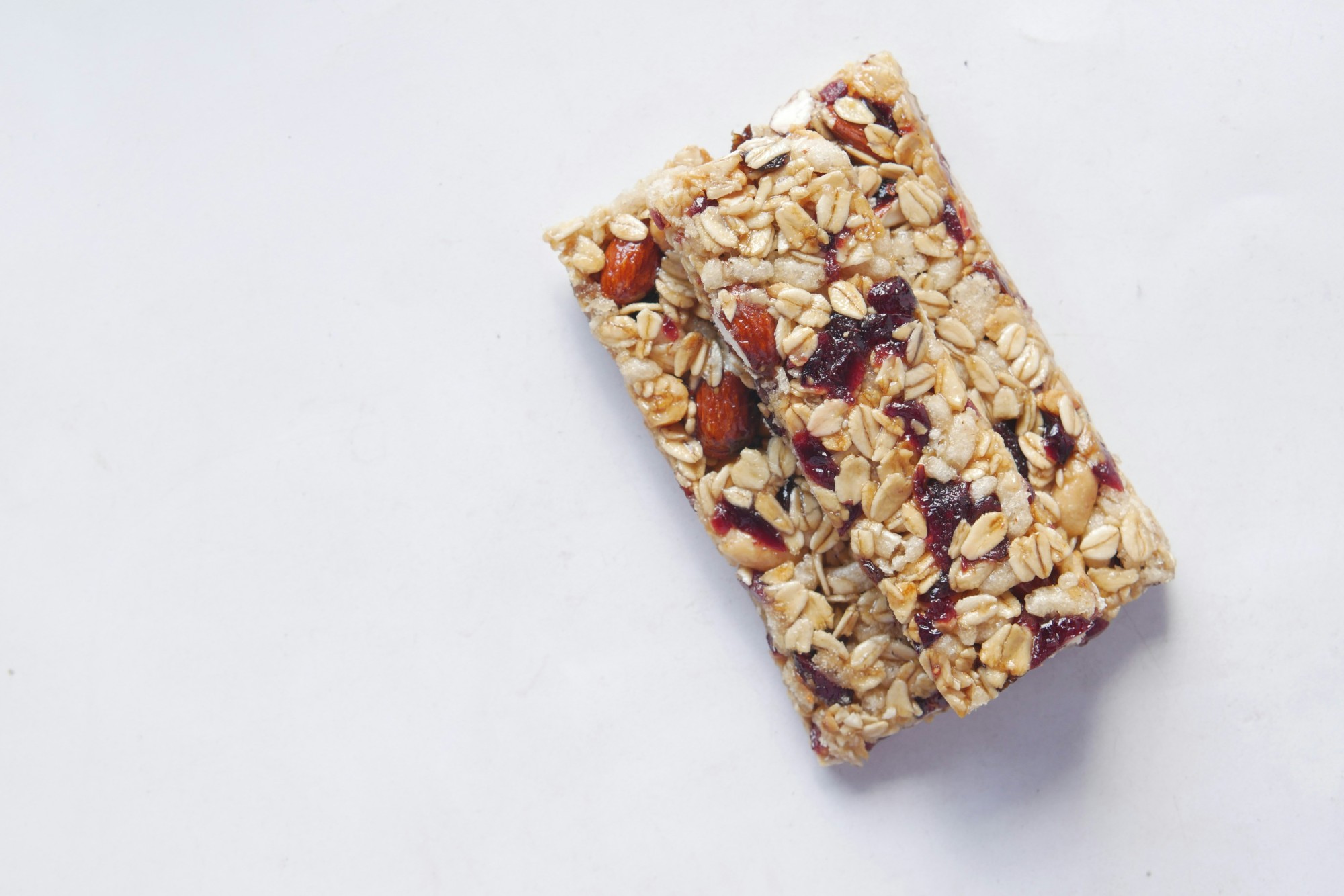
Energy Bars
Energy and protein bars, often positioned as convenient health foods, frequently include synthetic sweeteners, preservatives, and binders like maltodextrin and sucralose. RFK Jr.’s policies could classify many of these bars as misleading or ultra-processed, triggering reformulations or reclassification in marketing. The result: fewer snack bars on shelves or more expensive, ingredient-transparent options. Towfiqu barbhuiya / Unsplash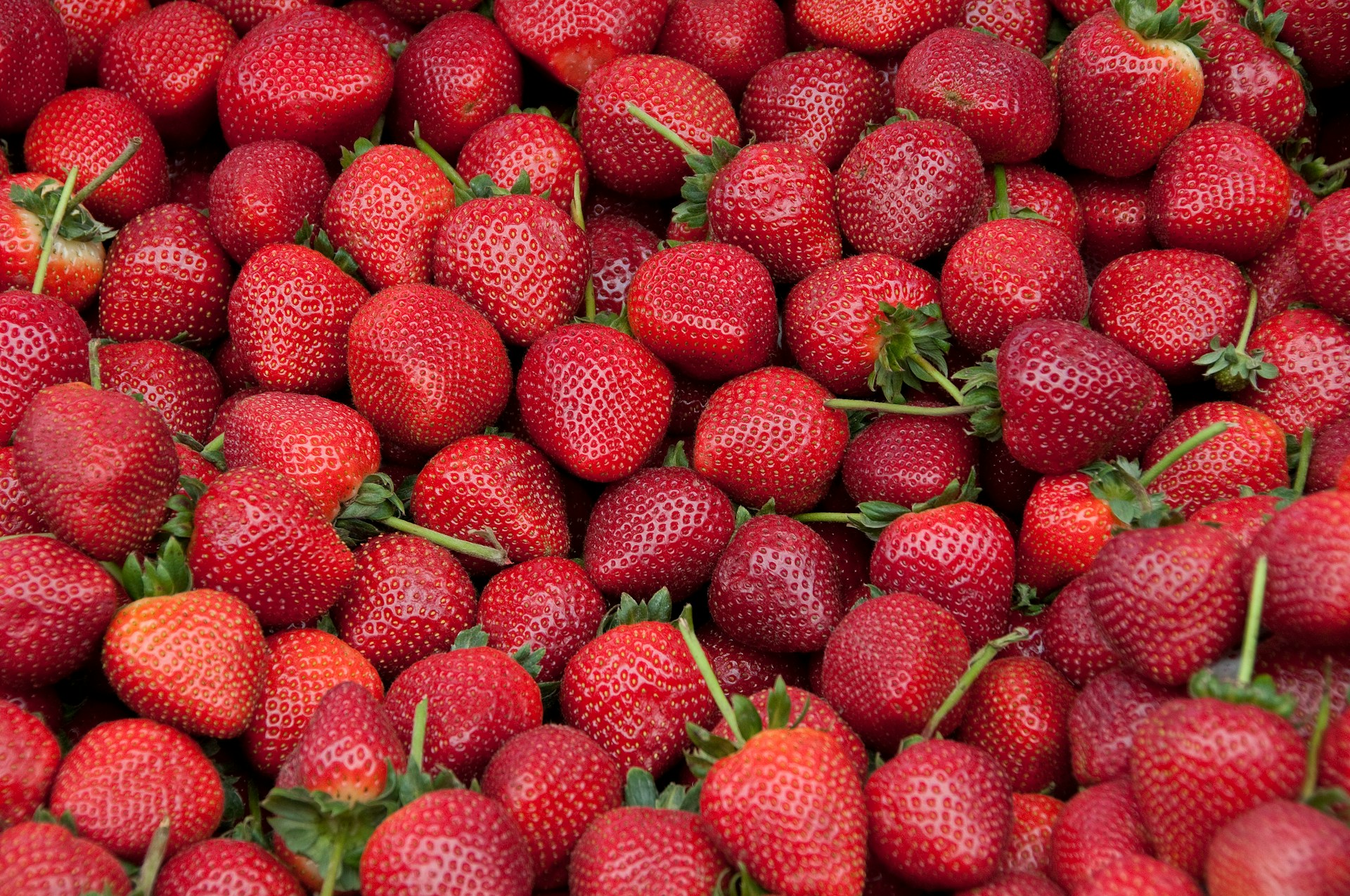
Non-Organic Strawberries
Non-organic strawberries regularly test positive for dozens of pesticide residues, including known carcinogens like carbendazim. Pre-plant soil fumigation—used to grow these strawberries—also poses risks to farmworkers and local ecosystems. RFK Jr. has emphasized both health and environmental accountability, making pesticide-heavy crops like conventional strawberries a likely target. Restrictions could push more growers to switch to organic methods or phase out certain chemicals entirely. Massimiliano Martini / Unsplash
Cake Frosting
Store-bought frosting often includes artificial dyes like Red 40, Yellow 5, and hydrogenated oils known to contain trans fats. These additives are associated with heart disease, hyperactivity, and other chronic conditions. RFK Jr.'s clean label push may lead to a ban on some of these compounds, especially in products aimed at children. Frosting may persist in a new form, but the vibrant colors and texture many consumers expect could change significantly. Rosalind Chang / Unsplash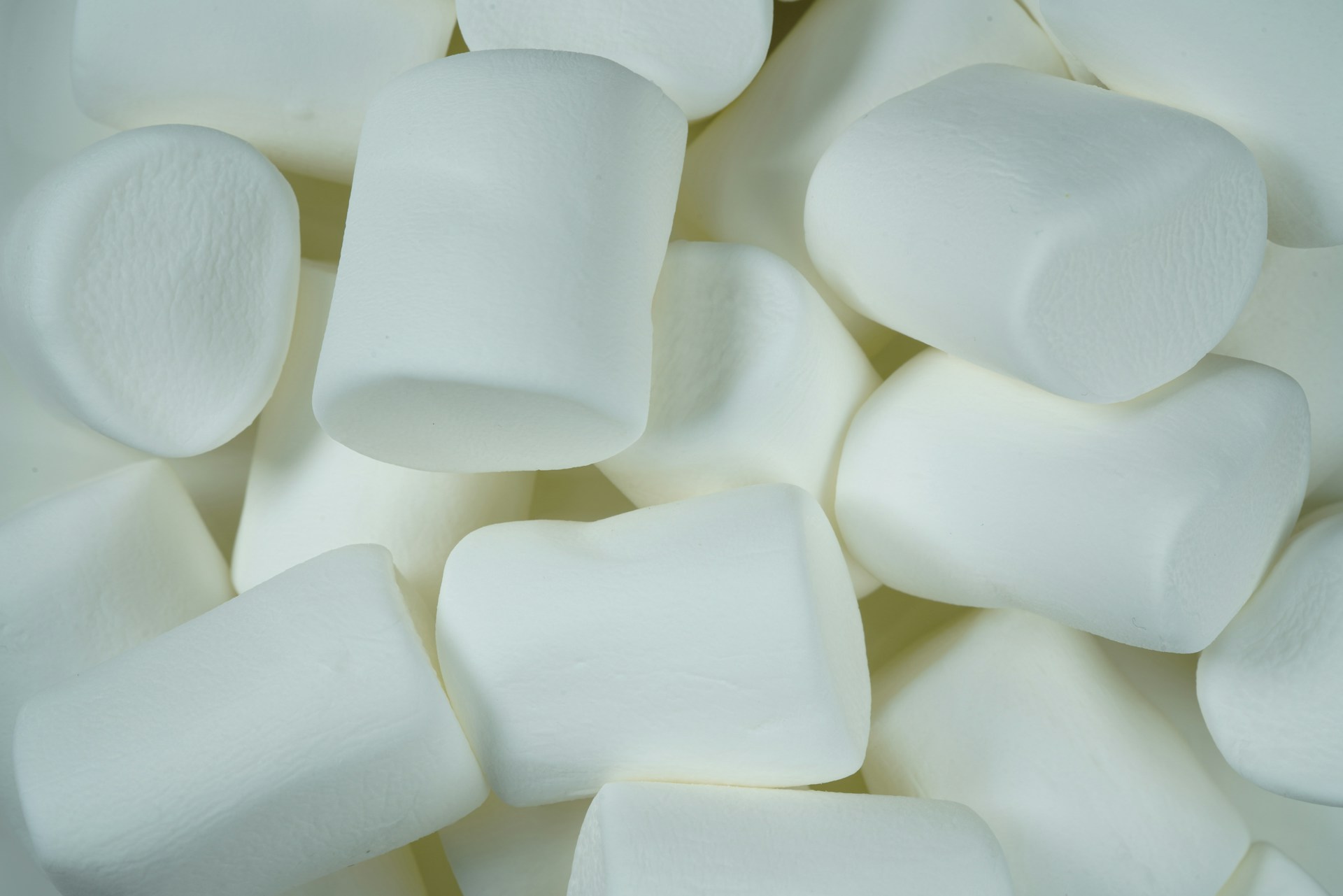
Marshmallows
Traditional marshmallows are made with gelatin from industrial meat production, along with corn syrup and artificial vanilla flavoring. These ingredients raise both health and ethical concerns. RFK Jr. may view marshmallows as emblematic of ultra-processed, nutritionally void food. Regulatory reform could either ban certain additives or pressure companies to develop more sustainable, plant-based versions. FlyD / Unsplash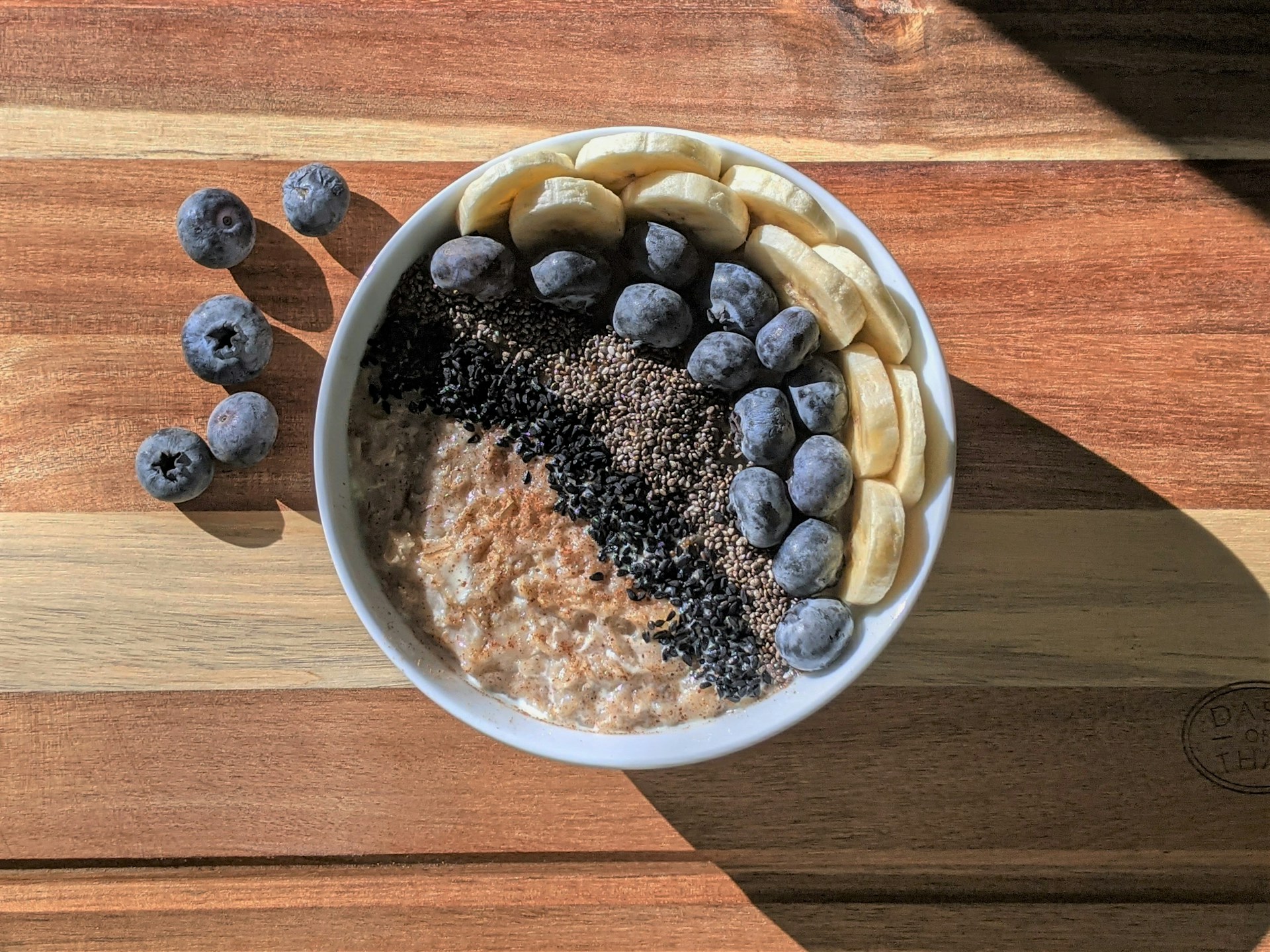
Flavored Oatmeal
Instant oatmeal packets often contain artificial flavoring agents, excessive sugar, and additives like maltodextrin. While oats themselves are nutritious, these added ingredients negate many health benefits. RFK Jr.’s food safety vision could target overly processed “health foods” like flavored oatmeal, encouraging consumers to prepare unprocessed grains instead. Convenience would take a hit, but nutritional value would increase. Susan Wilkinson / Unsplash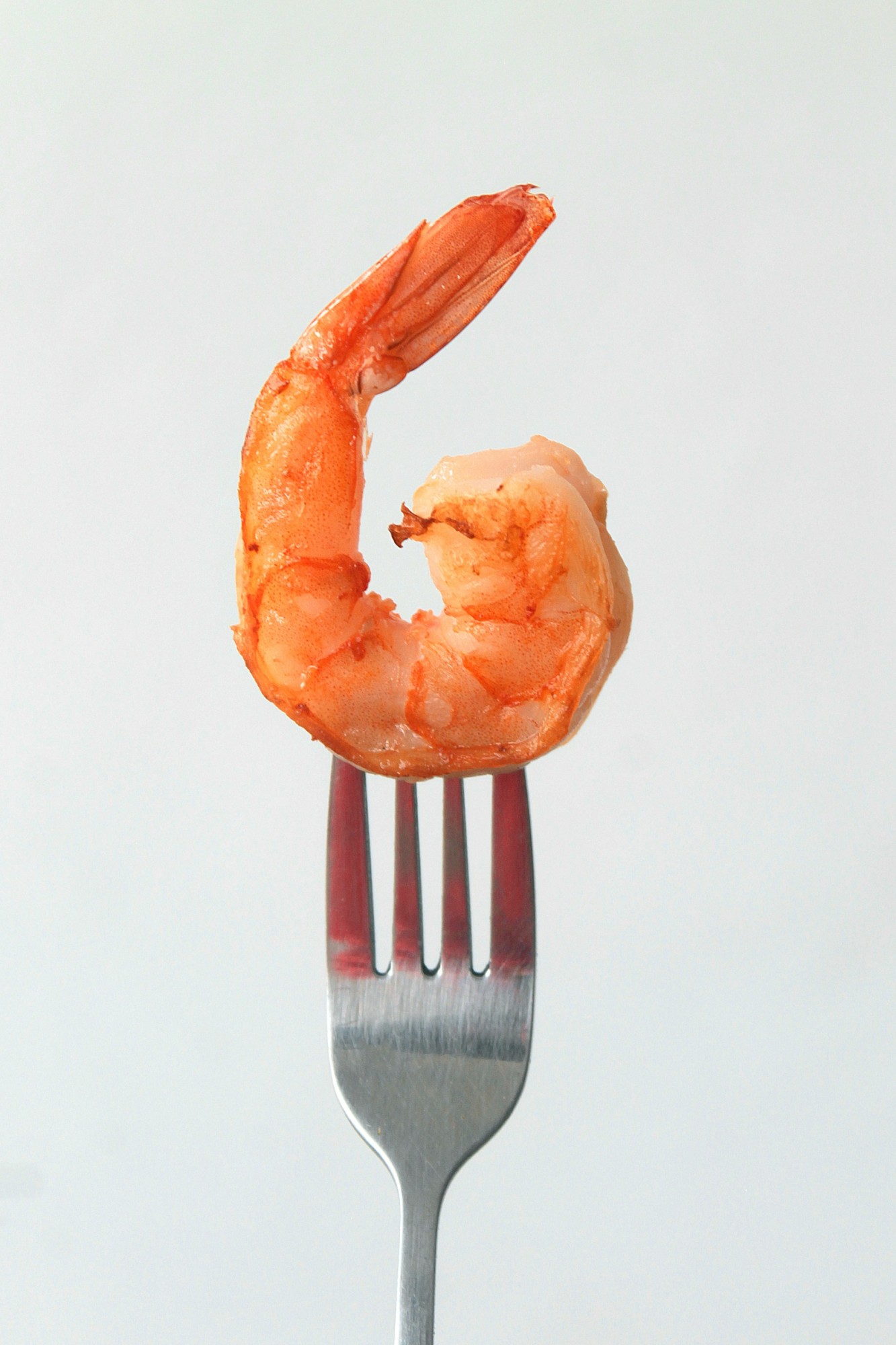
Pre-Cooked Shrimp
Pre-cooked and frozen shrimp often contain sodium tripolyphosphate and sulfites to preserve texture and appearance. These preservatives can cause allergic reactions and disrupt gut health. The farming practices used in shrimp aquaculture—often involving antibiotics and polluted runoff—also pose environmental challenges. RFK Jr. may push for stricter standards in seafood production, potentially favoring fresh or wild-caught options. Fernando Andrade / Unsplash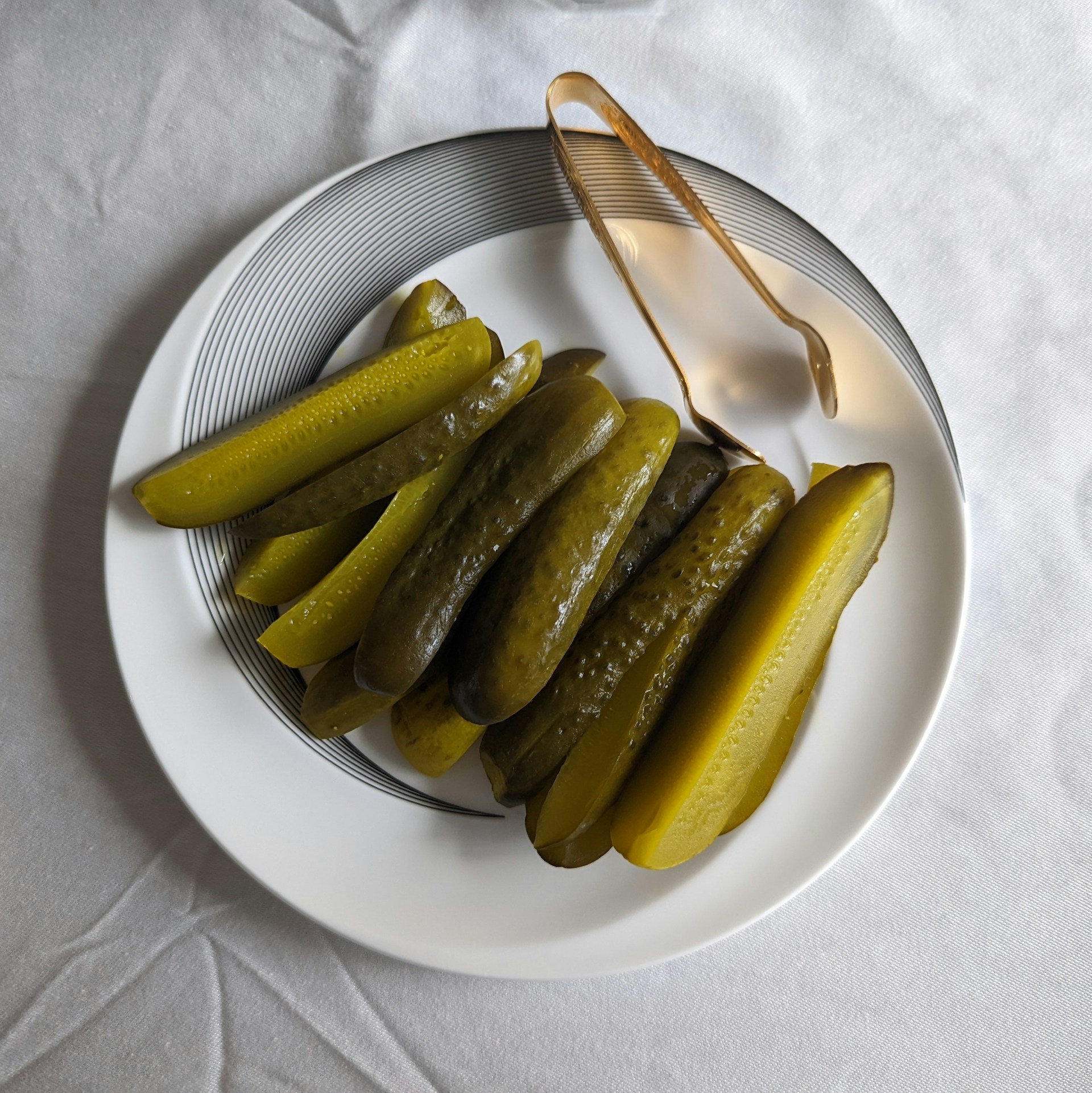
Pickles and Jarred Vegetables
To achieve a long shelf life, these products are often loaded with sodium benzoate and synthetic coloring. High sodium content also raises public health concerns. RFK Jr.’s reforms could limit or ban such preservatives, pushing producers toward refrigerated, shorter-shelf-life alternatives and increasing costs for consumers. Solstice Hannan / Unsplash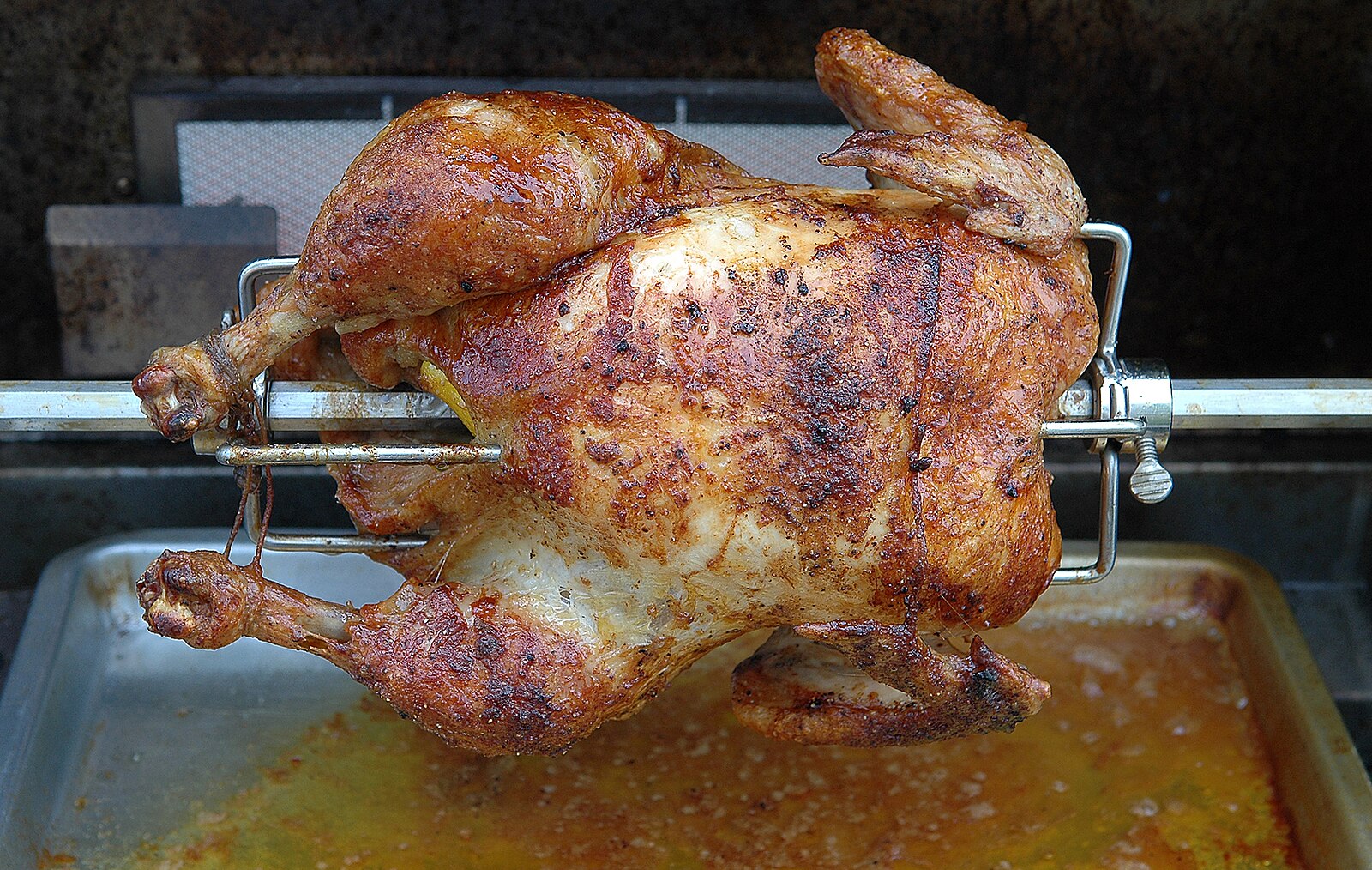
Store-Bought Rotisserie Chicken
These convenient deli items are often seasoned with phosphate-based moisture retainers and tend to be extremely high in sodium. RFK Jr. could crack down on these additives. Additionally, factory-farmed poultry is a major environmental concern. More stringent standards might push retailers toward smaller, organic providers—or eliminate the rotisserie chicken as we know it. Joe Schneid, Louisville, KY, CC BY 3.0 https://creativecommons.org/licenses/by/3.0, via Wikimedia Commons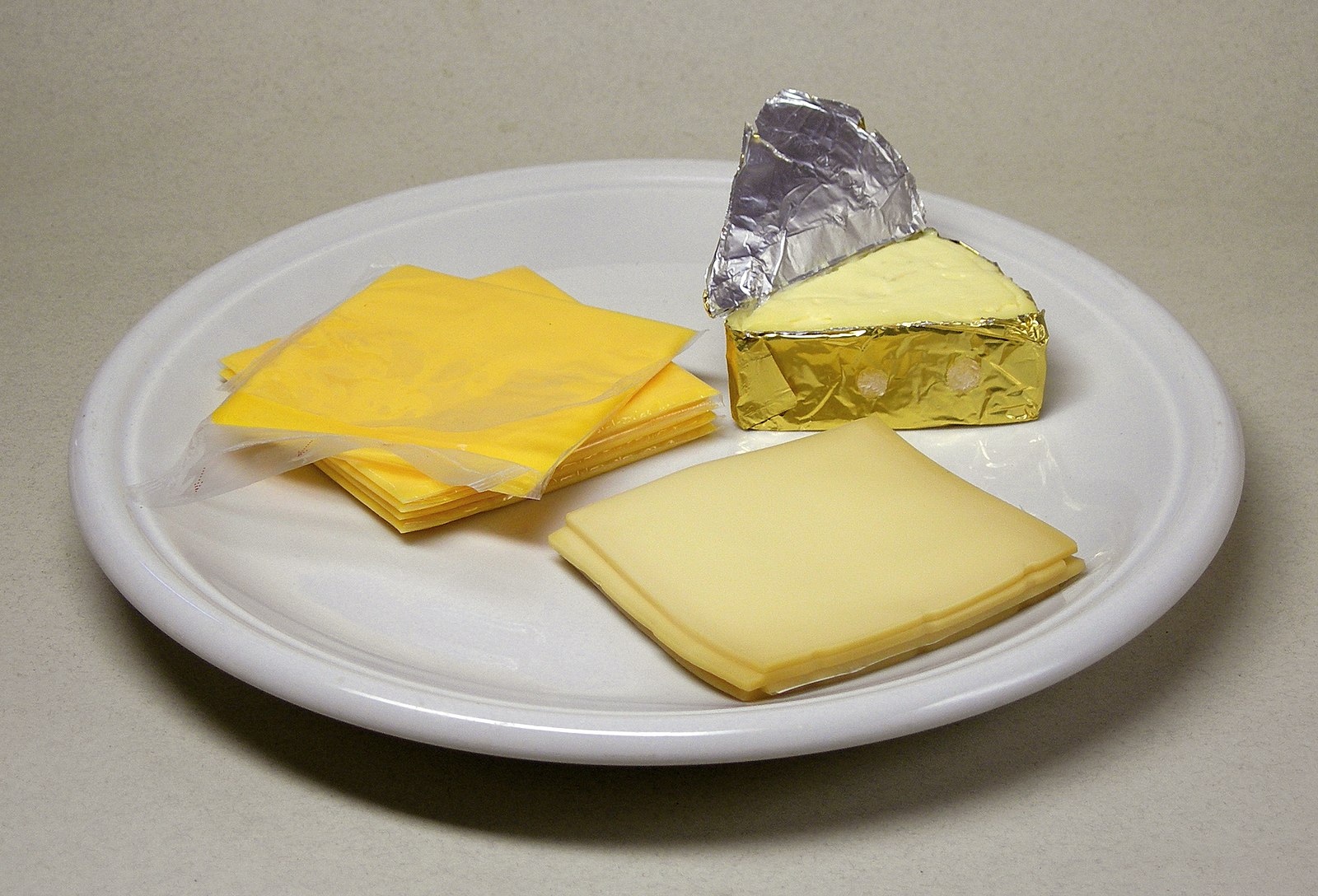
Processed Cheese
With emulsifiers, salt, and synthetic colorings like tartrazine, processed cheese is often engineered more for stability than nutrition. RFK Jr. may seek to redefine what constitutes “cheese,” limiting use of the term to more natural products. These changes could fundamentally alter American cheese slices, queso dip, and convenience foods built around processed cheese. Rainer Z ..., CC BY-SA 3.0 https://creativecommons.org/licenses/by-sa/3.0, via Wikimedia Commons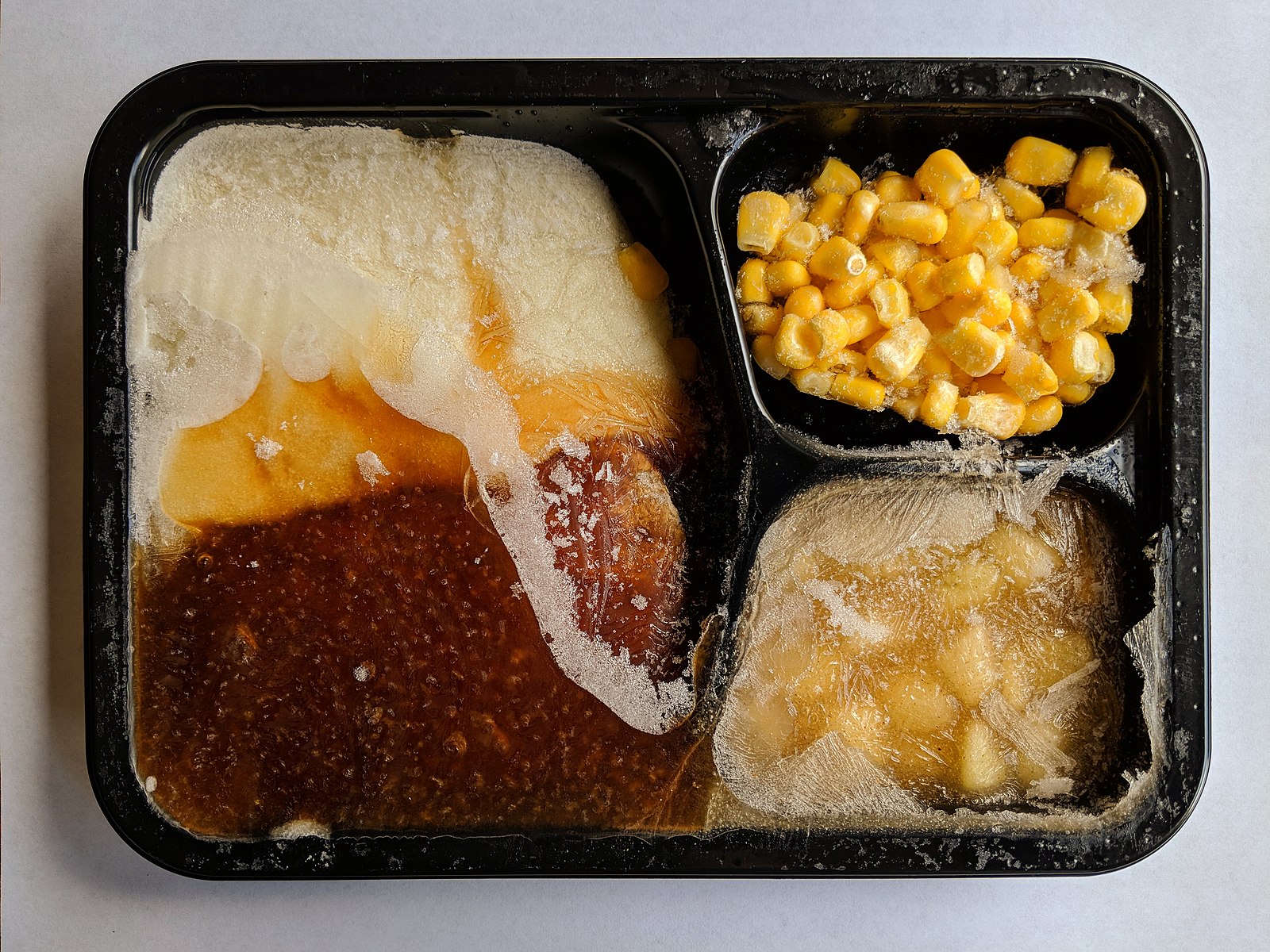
Frozen Dinners
Heavily processed and high in sodium, frozen dinners sometimes rely on chemical preservatives and stabilizers to maintain long shelf lives. RFK Jr.’s emphasis on whole-food diets could bring stricter scrutiny to these items, especially those targeting low-income consumers. Brands may need to reformulate meals with cleaner ingredients—raising production costs and altering long-held buying habits. Sir Beluga, CC0, via Wikimedia Commons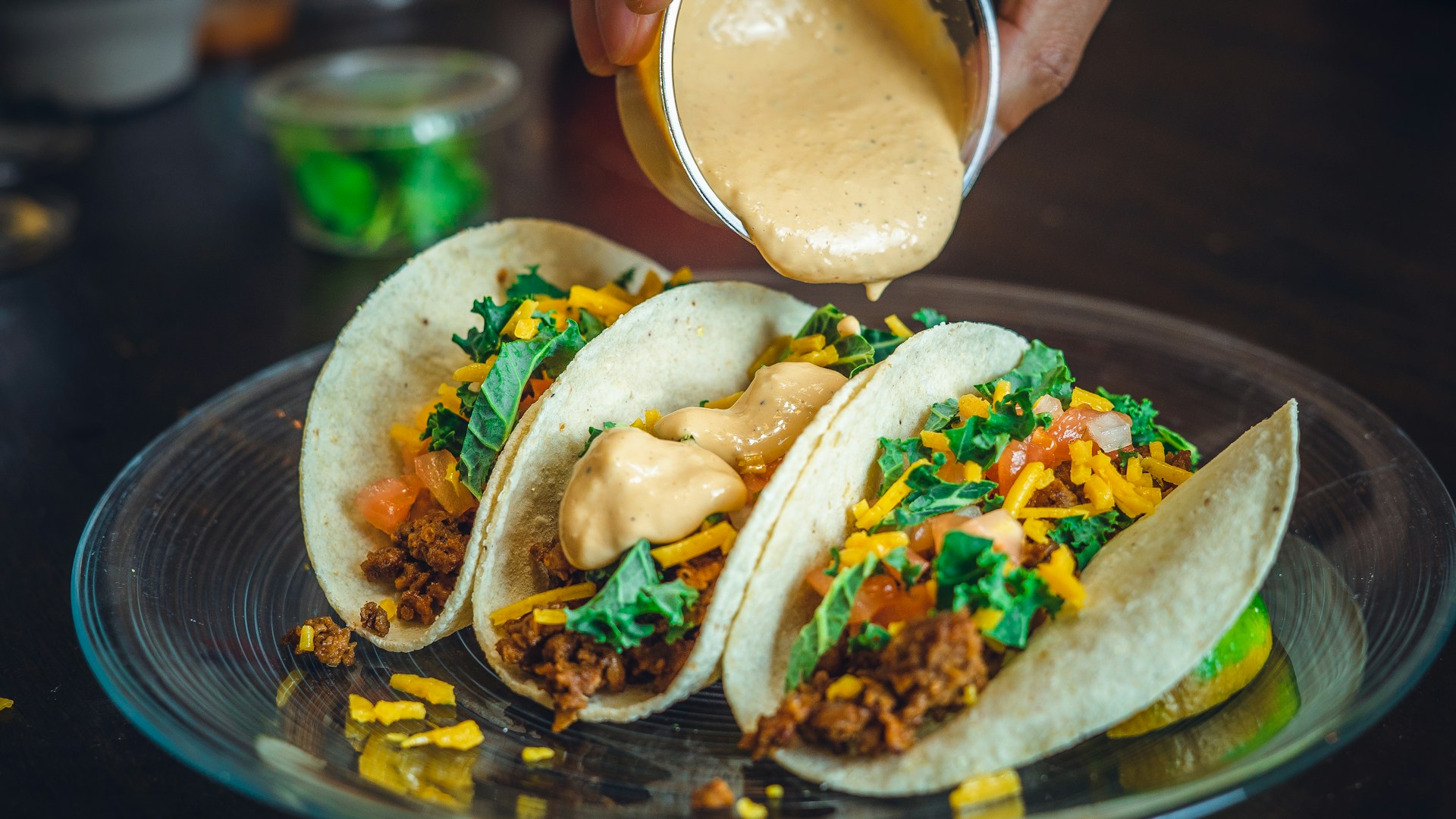
Taco Kits
Taco kits often include spice mixes and tortillas preserved with sodium-heavy and synthetic ingredients. Some include MSG or artificial coloring. Under Kennedy’s policies, these kits may require cleaner seasonings, reformulated packaging, or face labeling warnings for their environmental footprint. Jarrett Lopez / Unsplash
Frozen Chicken Nuggets
A staple of American childhoods, chicken nuggets are often made with fillers, flavor enhancers, and synthetic coatings. Sodium phosphates, autolyzed yeast extract, and hydrogenated oils all appear on ingredient lists. RFK Jr.'s mission to eliminate toxic and misleadingly labeled foods could prompt stricter standards. Klaus-Dieter Keller, CC0, via Wikimedia Commons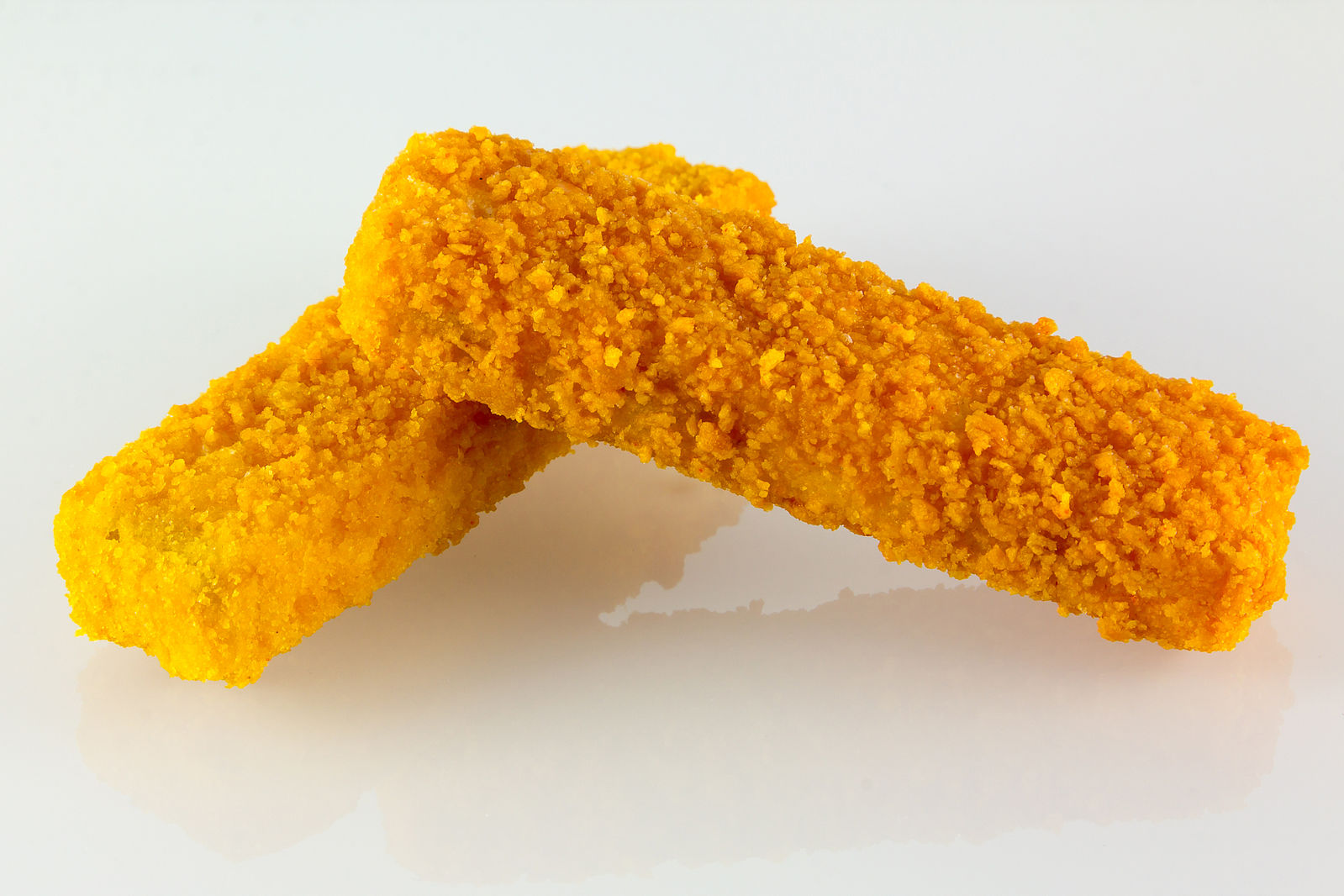
Frozen Fish Sticks
Often made from low-grade fish and bound with starches and additives, fish sticks are also tied to issues such as overfishing, ocean pollution, and unsustainable sourcing. A shift to sustainable seafood regulation may force producers to either improve quality or phase out such items altogether. Superbass, CC BY-SA 4.0 https://creativecommons.org/licenses/by-sa/4.0, via Wikimedia Commons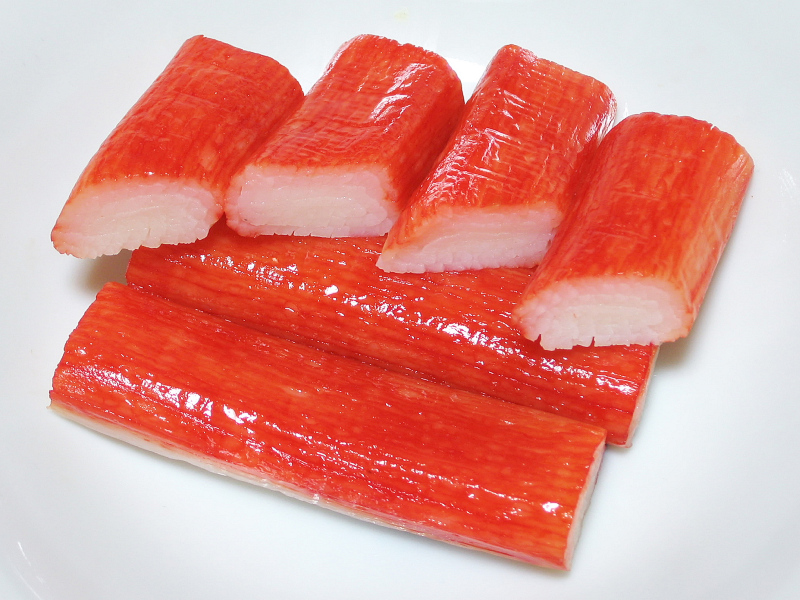
Imitation Crab Meat
Imitation crab is typically made from surimi—a processed fish paste—mixed with starch, sorbitol, and artificial dyes. Its nutrient profile and synthetic makeup may clash with RFK Jr.’s push for natural, whole-food diets. Combined with concerns about overfishing and factory emissions, imitation crab meat may be scrutinized or labeled for its environmental and nutritional shortcomings. Natto at ja.wikipedia, CC BY-SA 3.0 http://creativecommons.org/licenses/by-sa/3.0/, via Wikimedia Commons